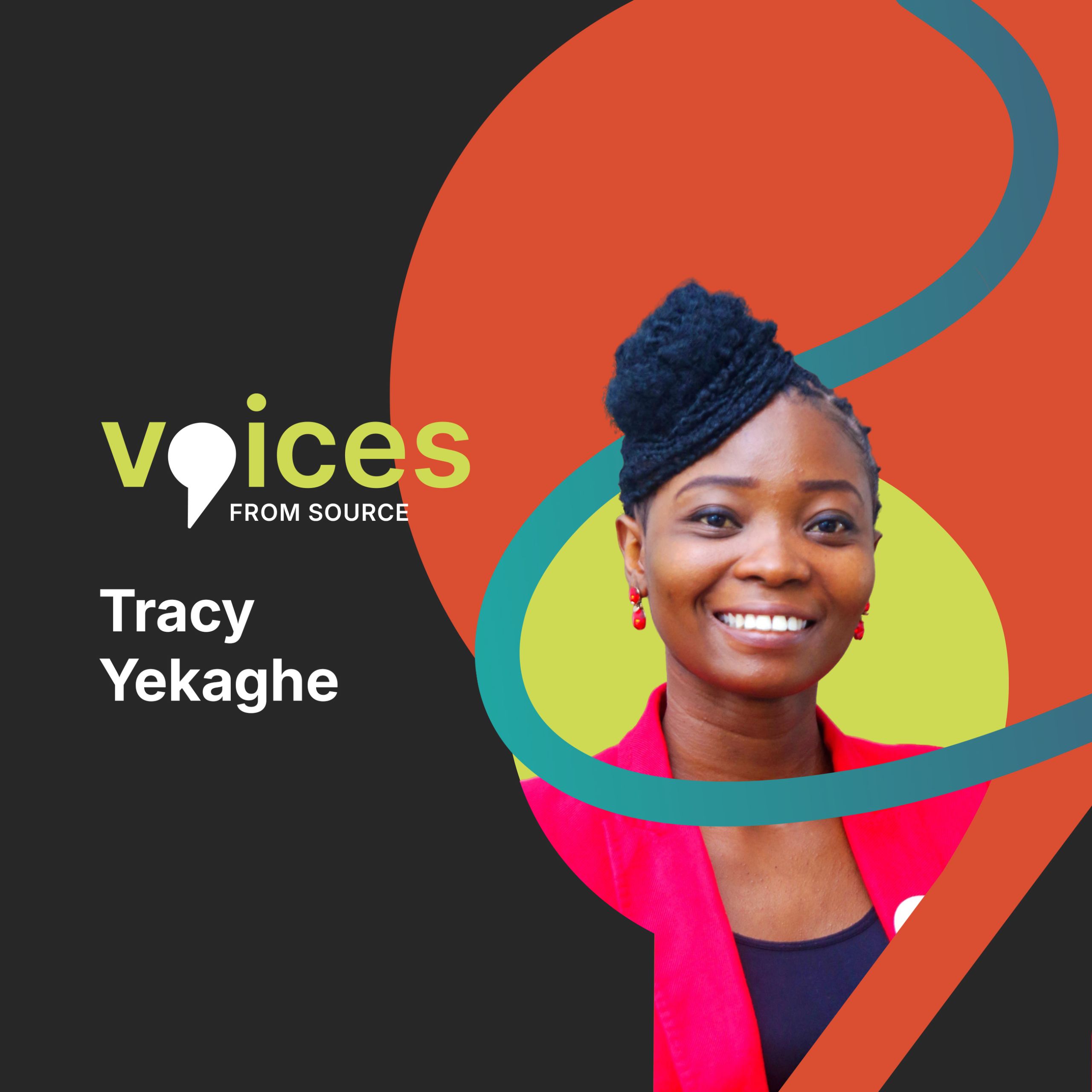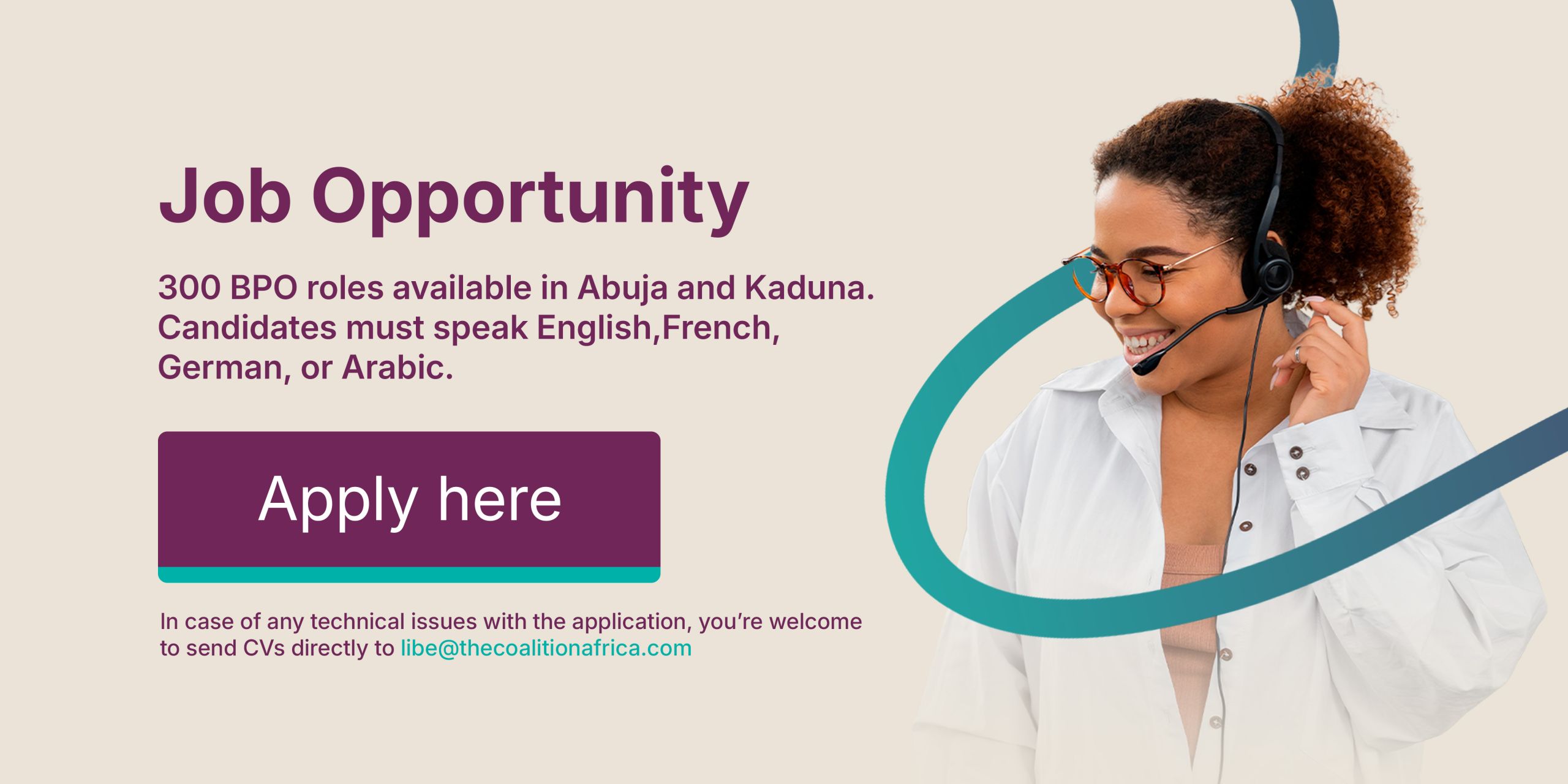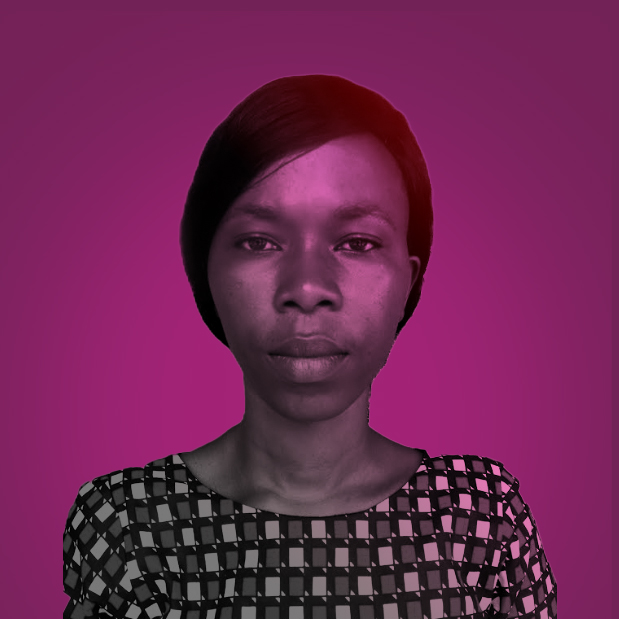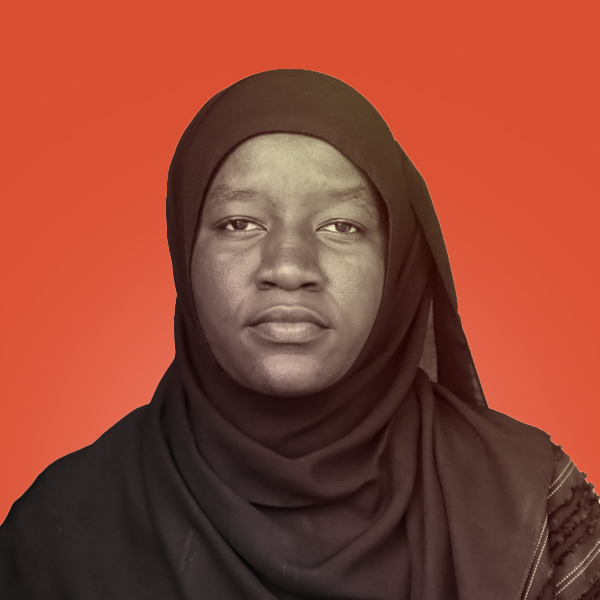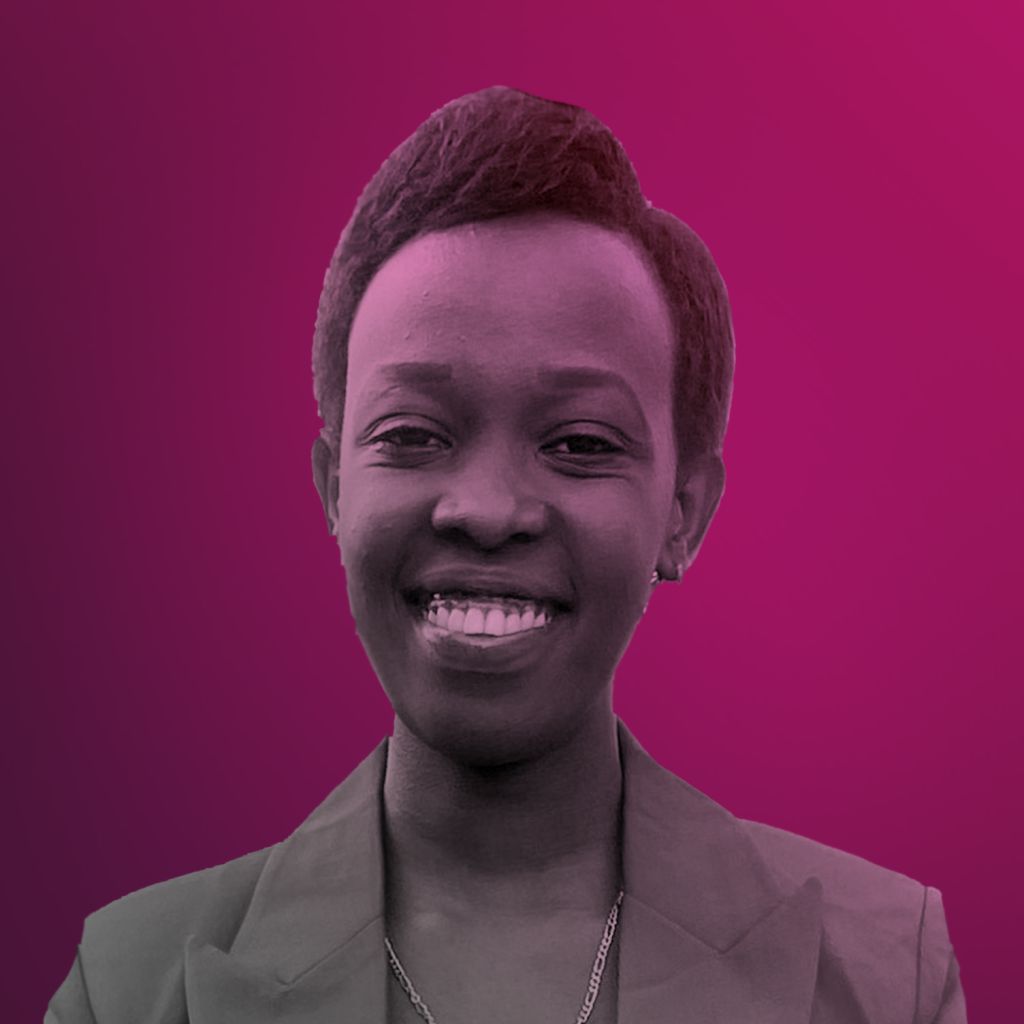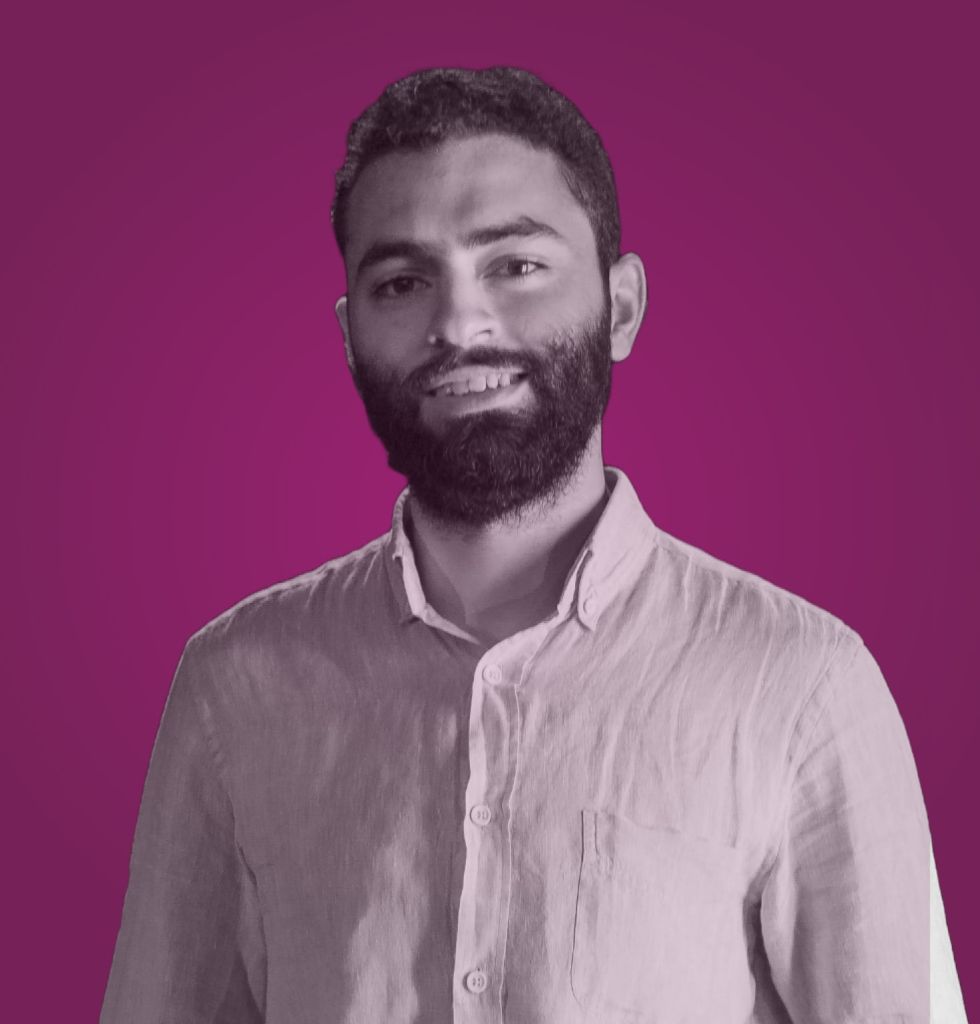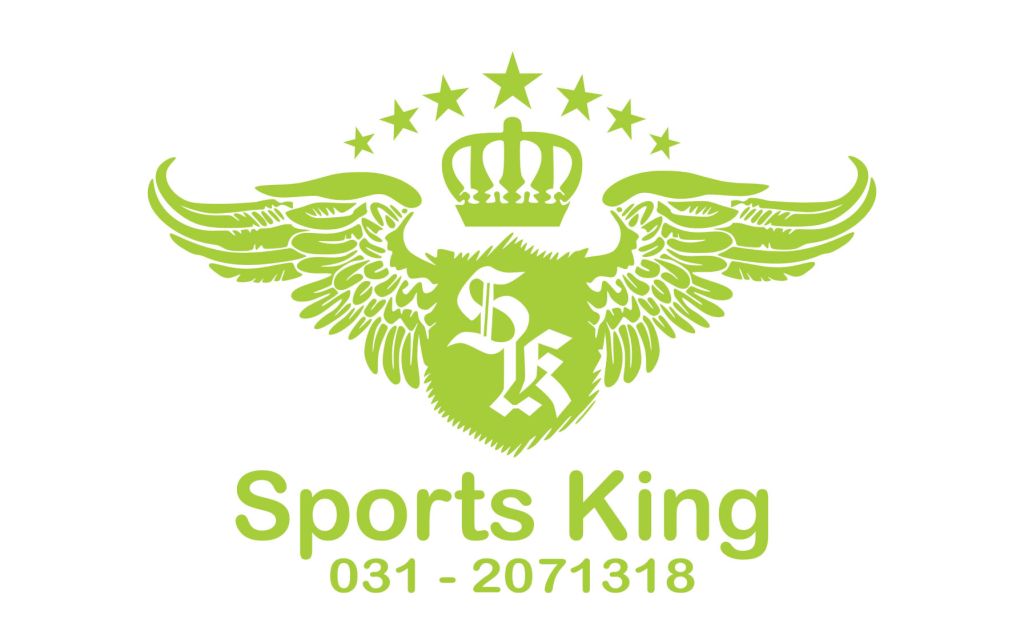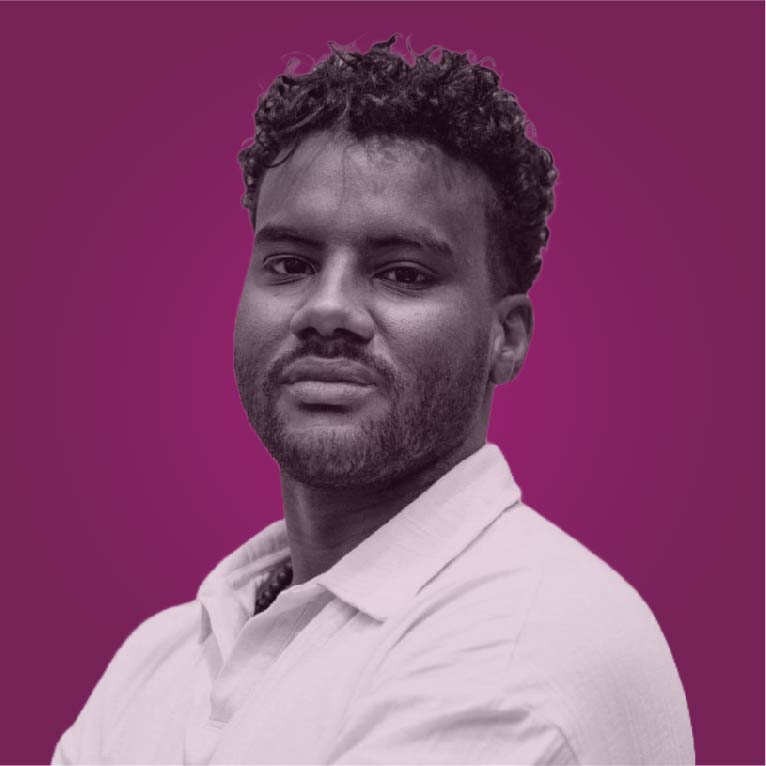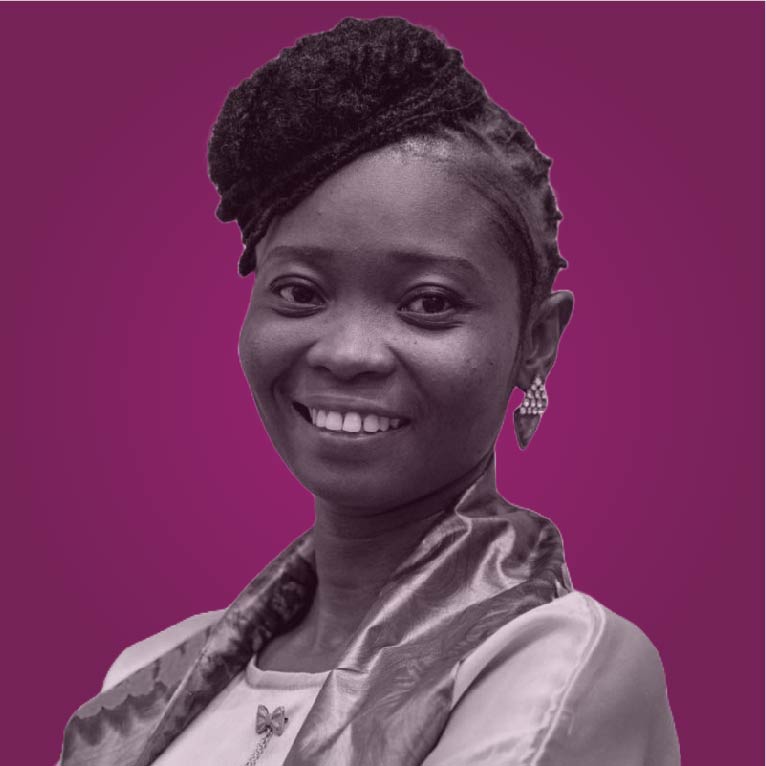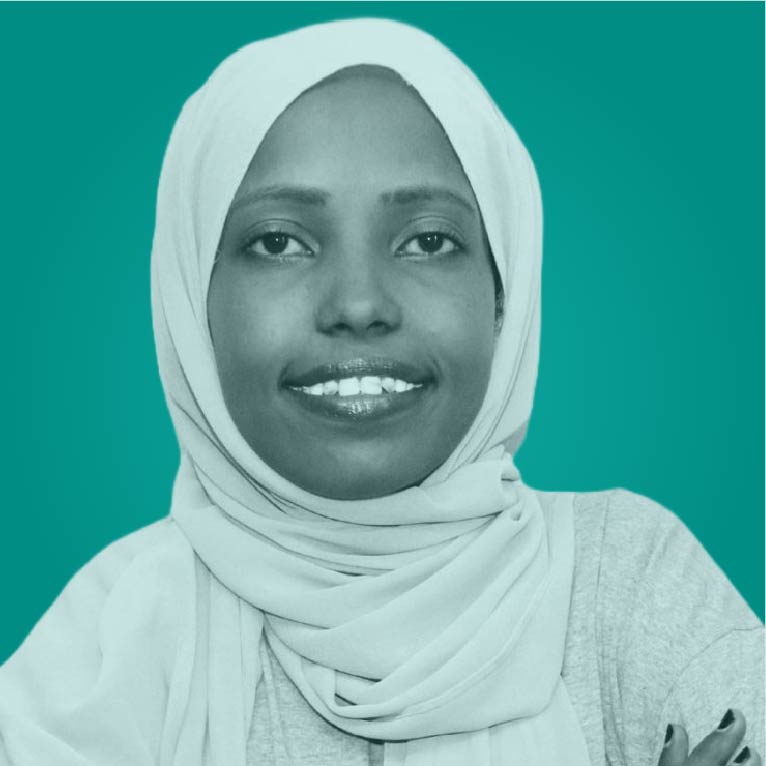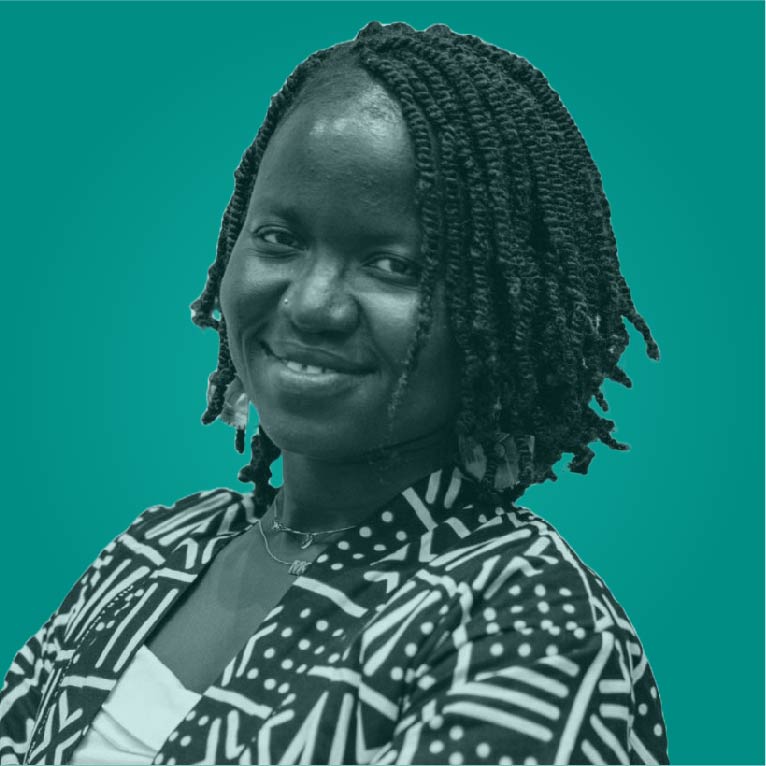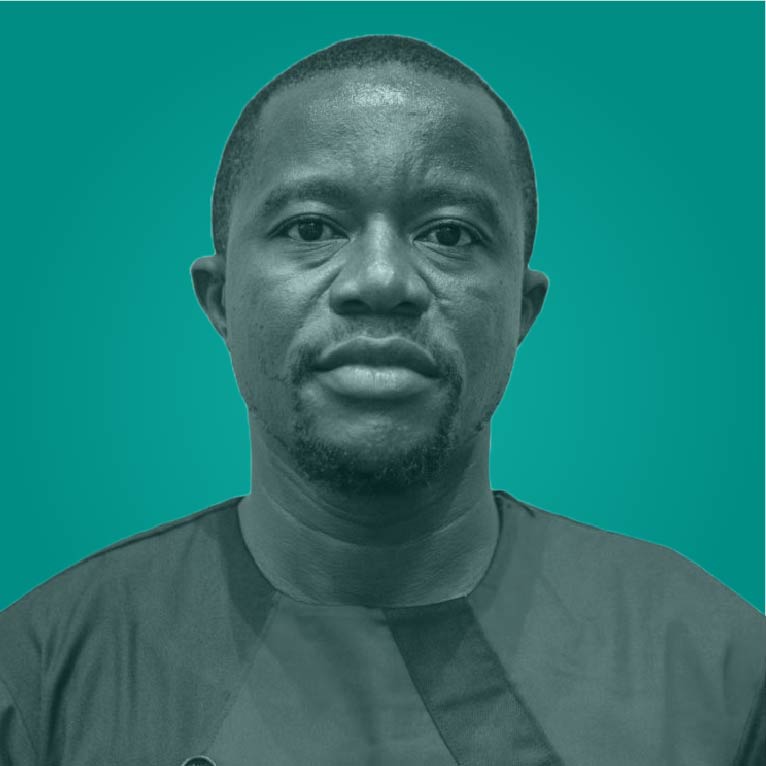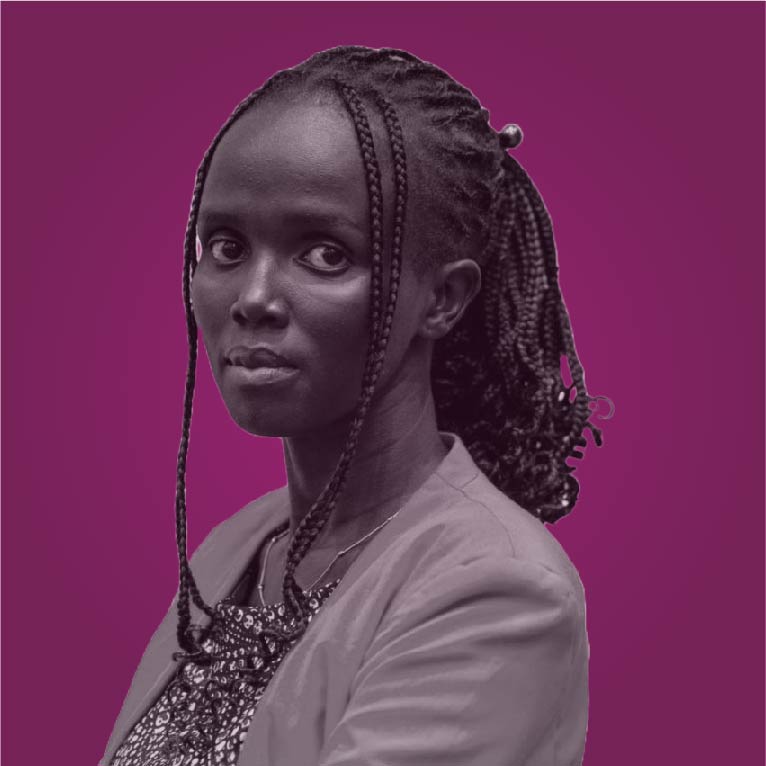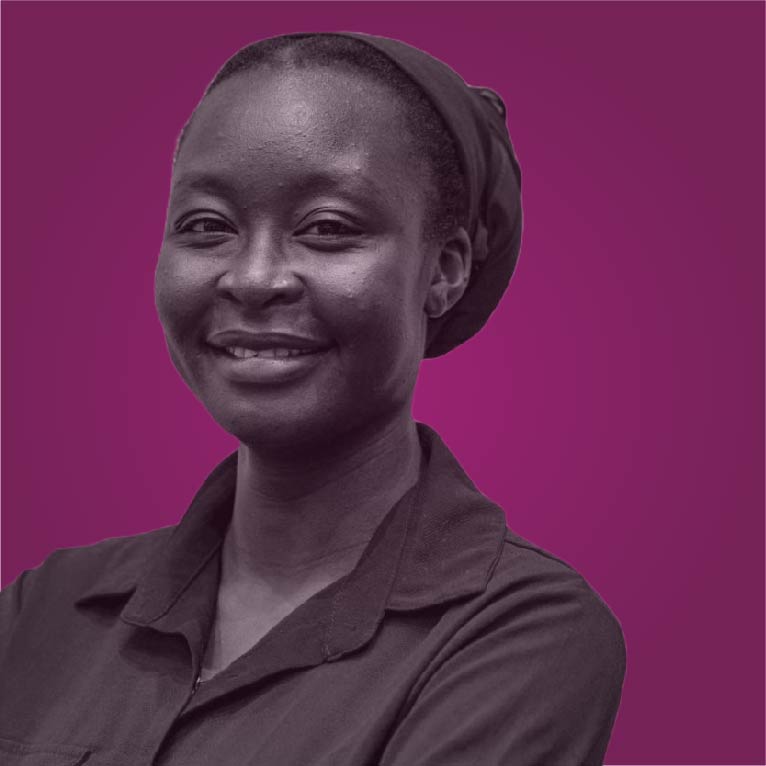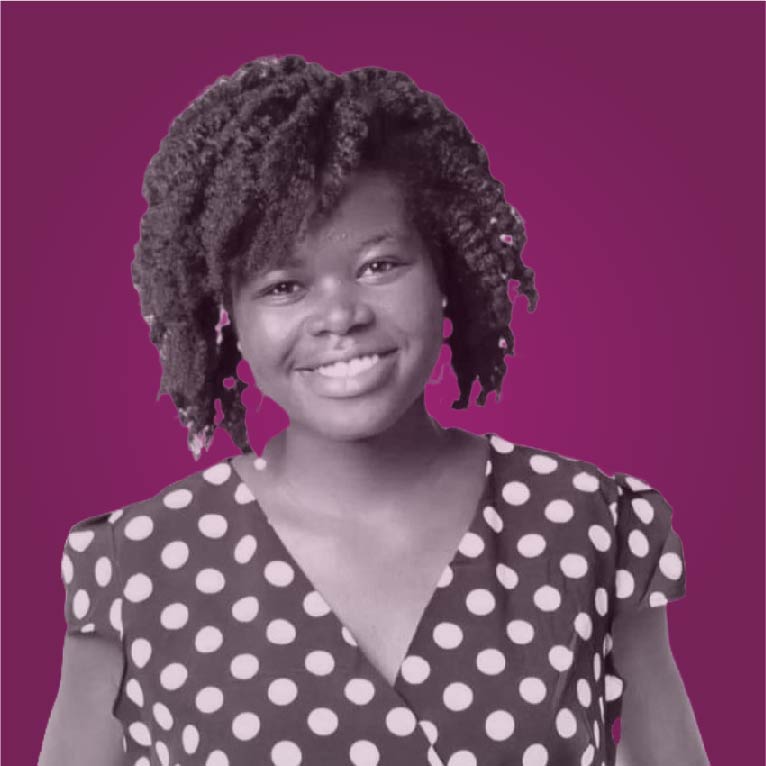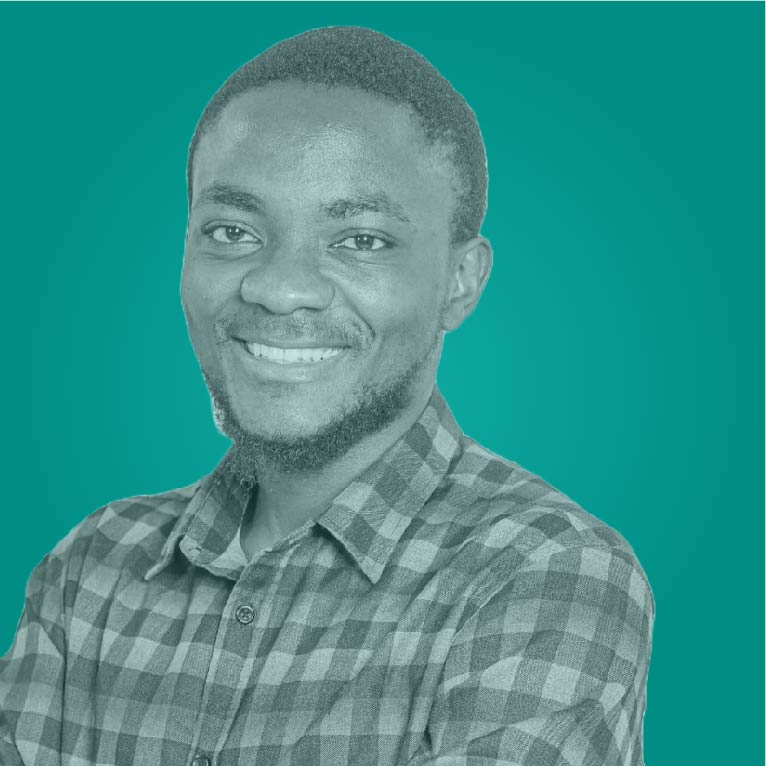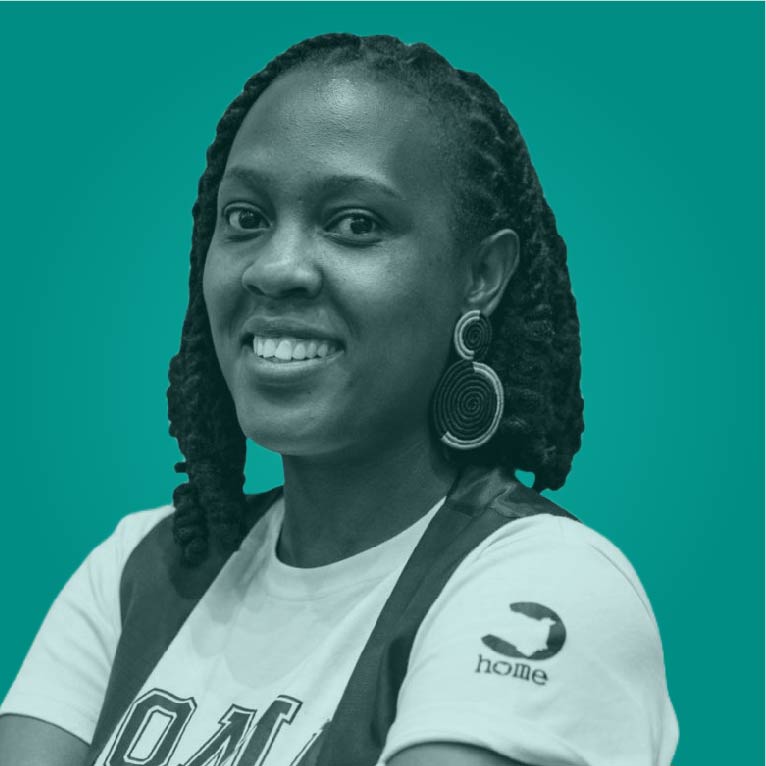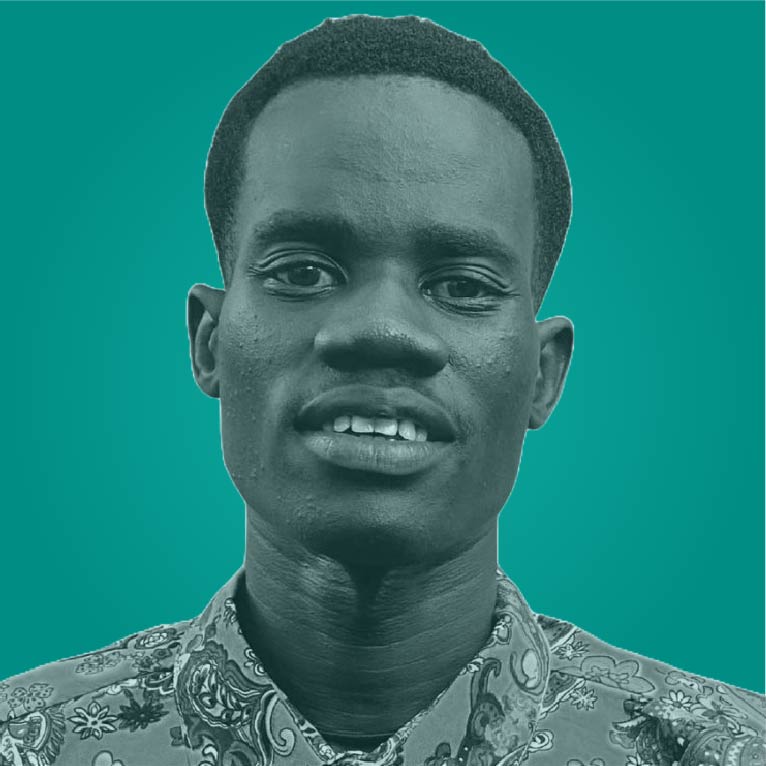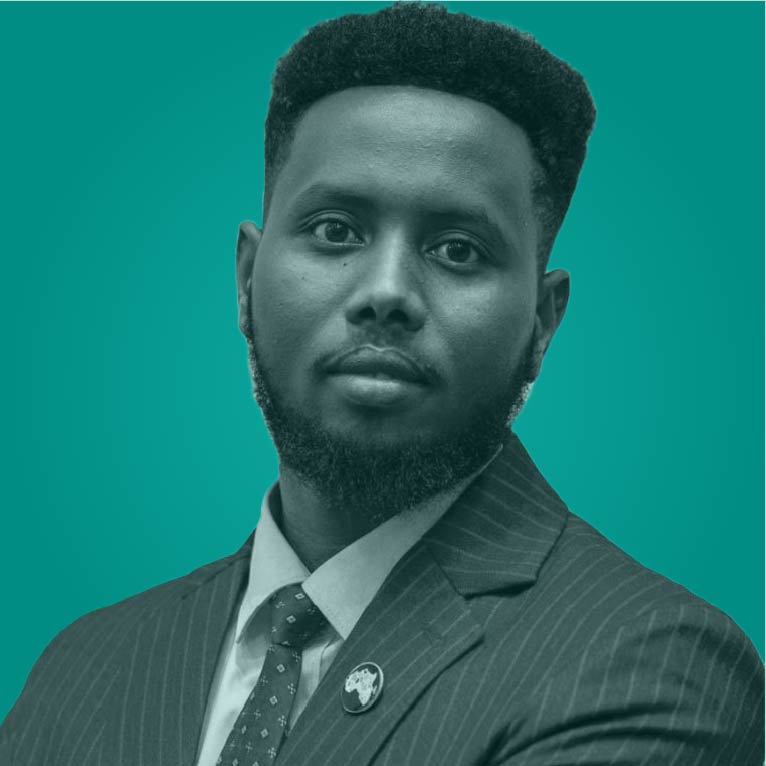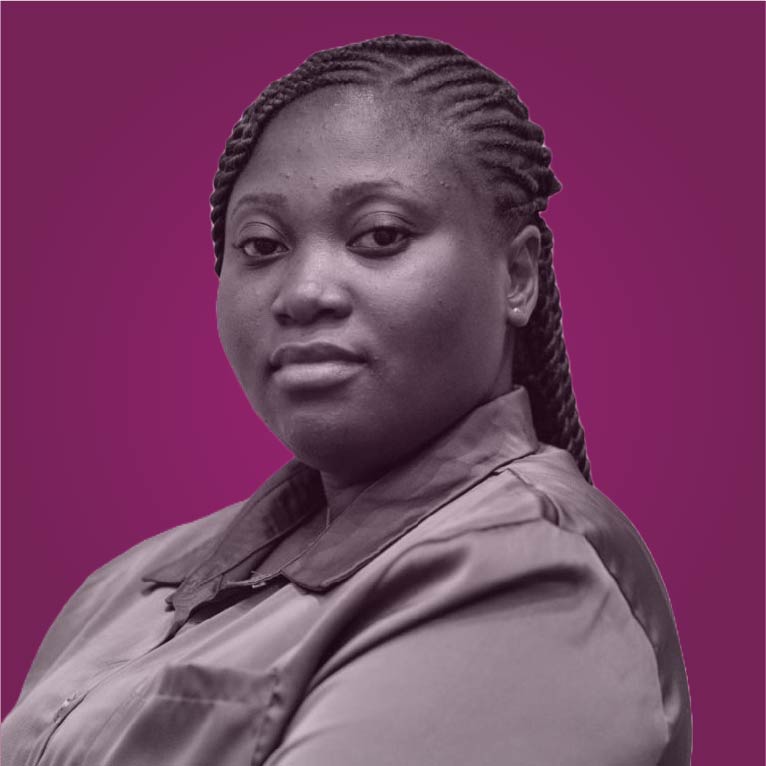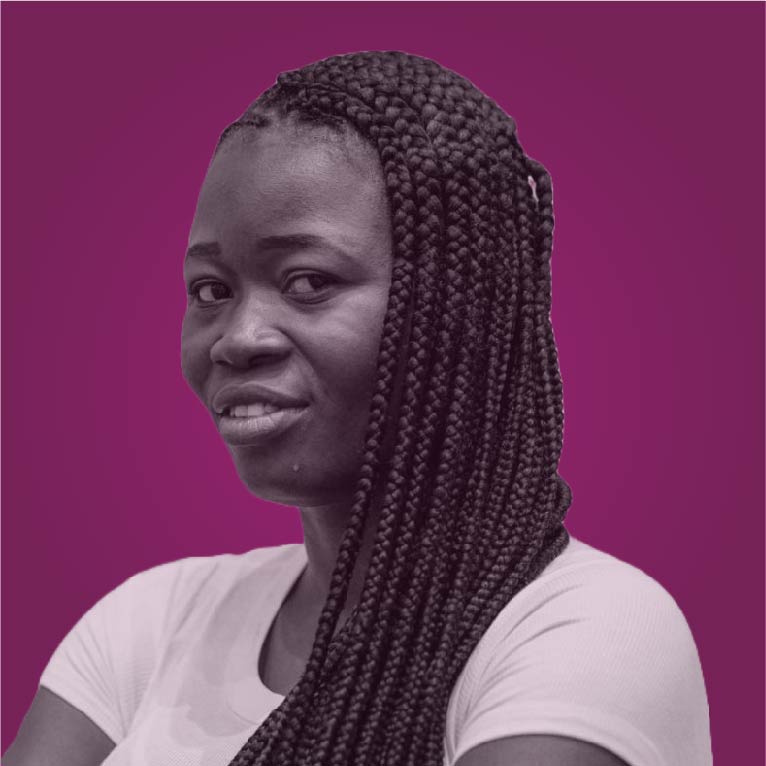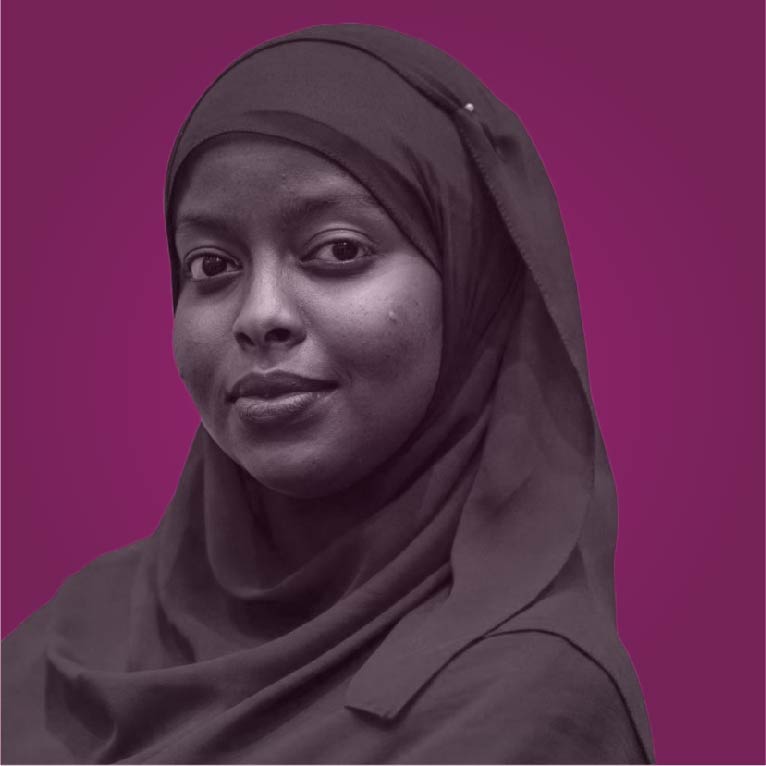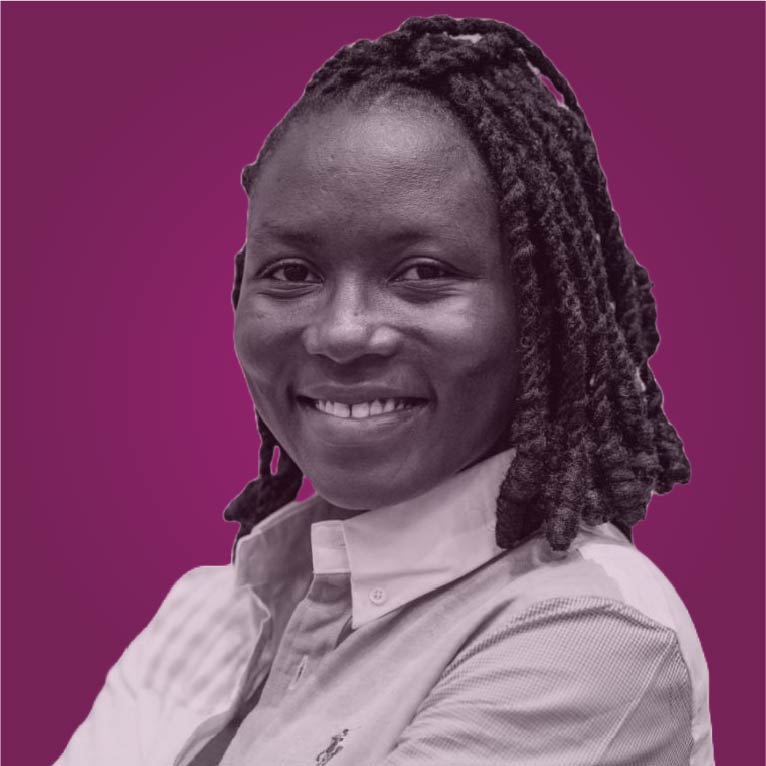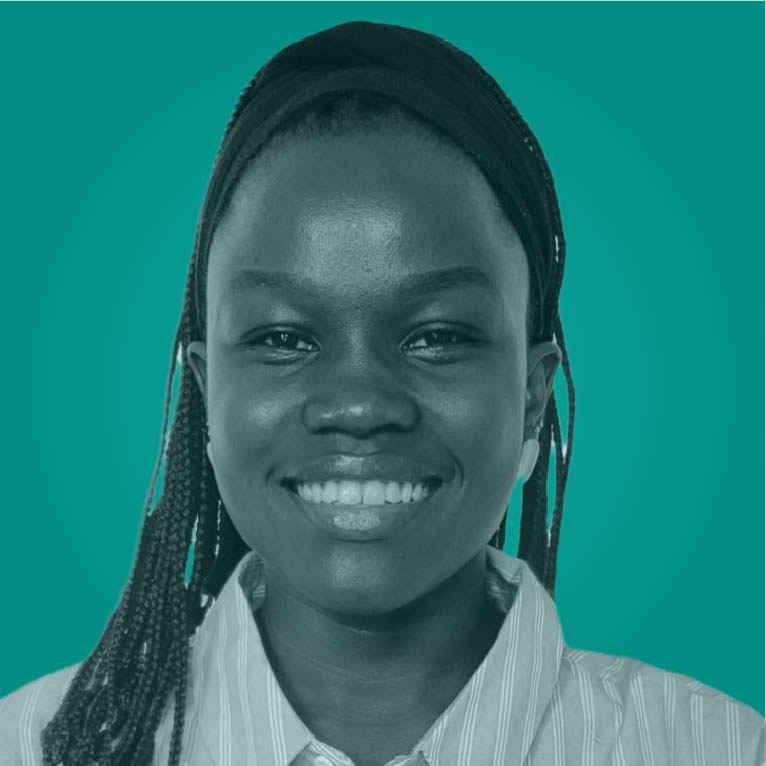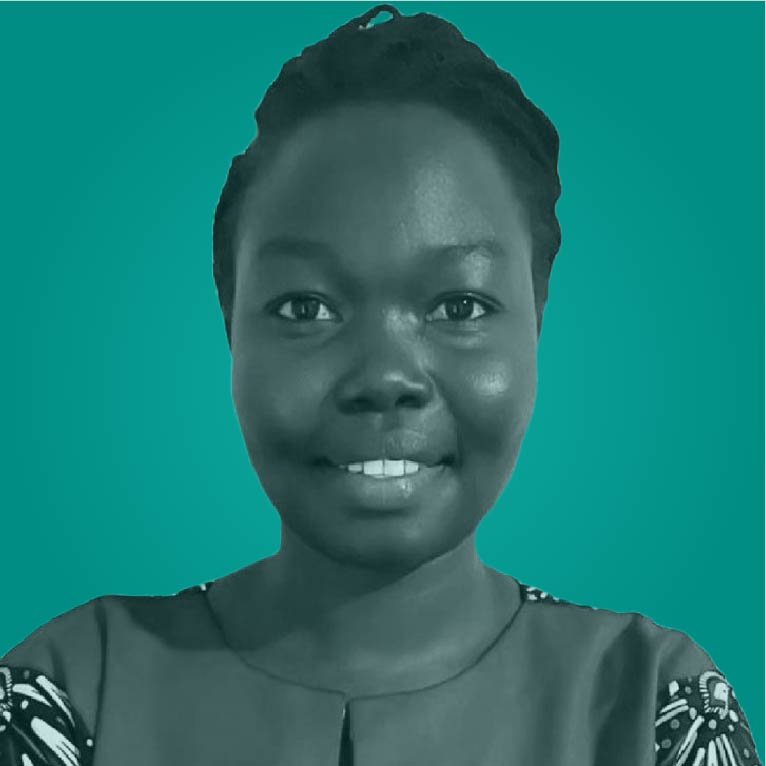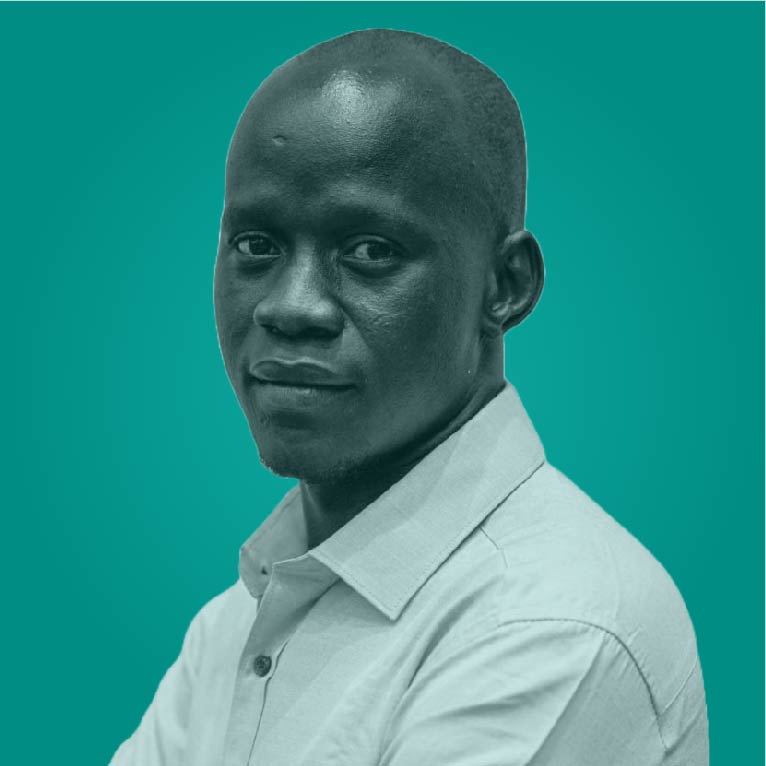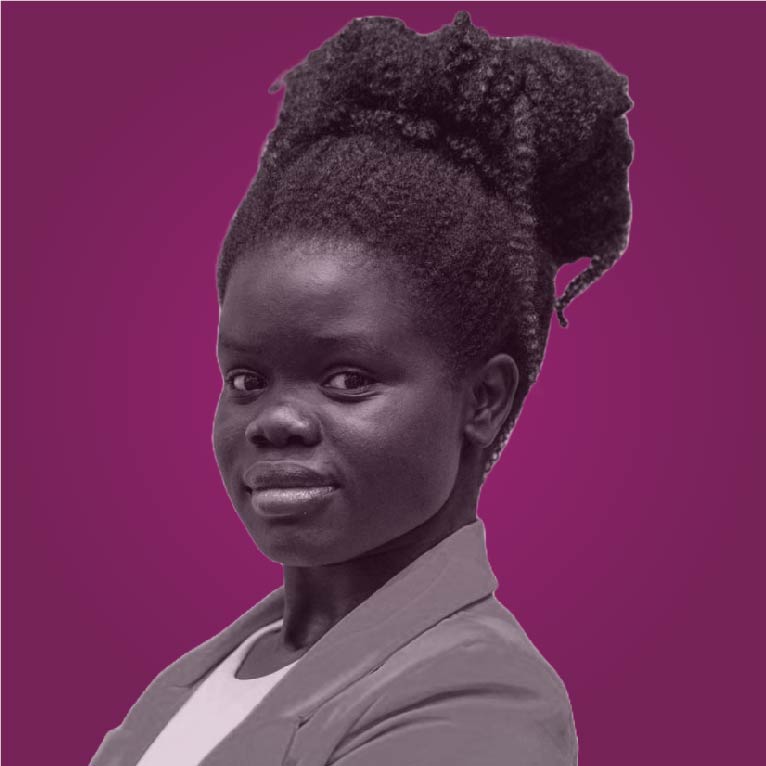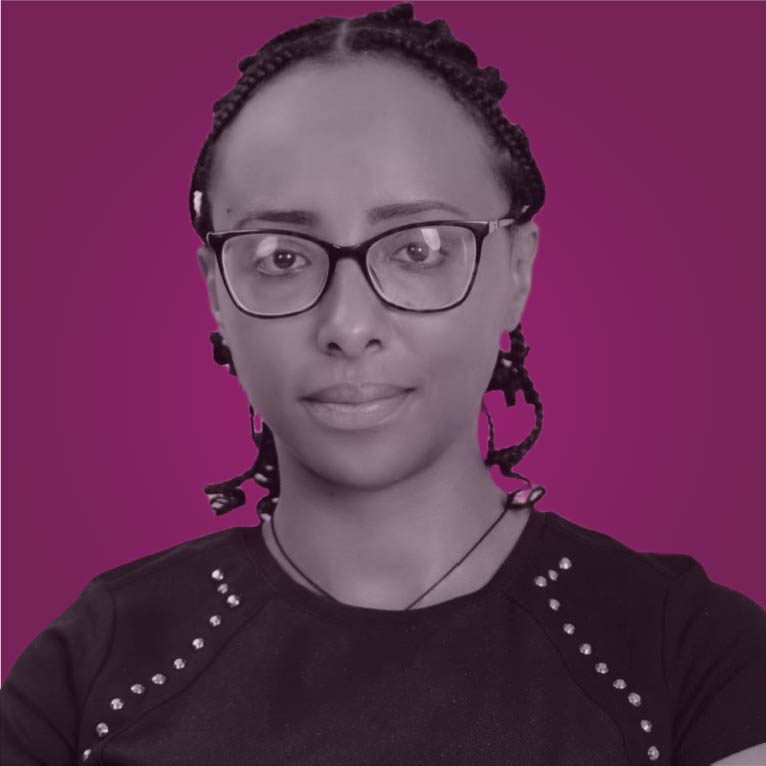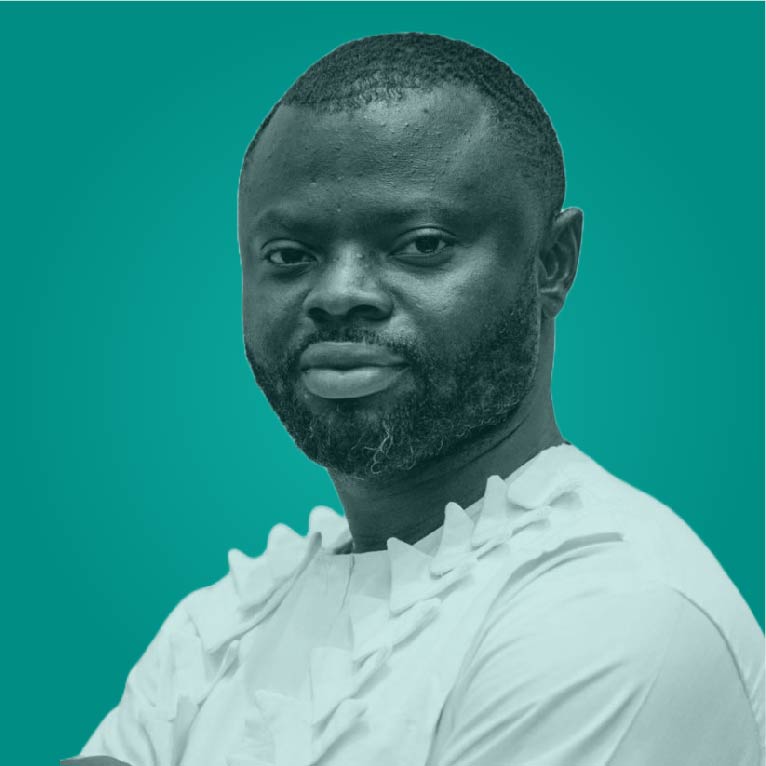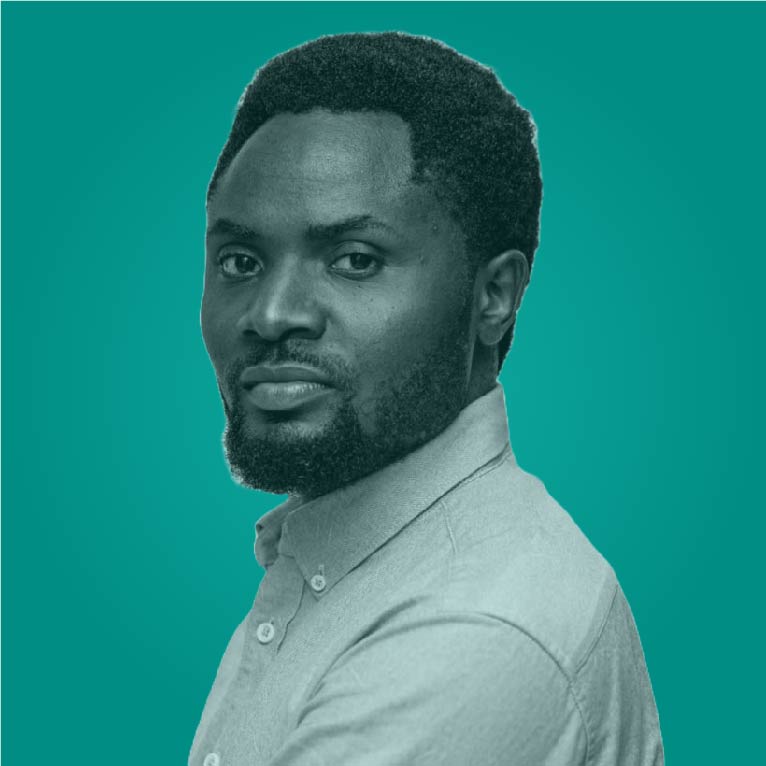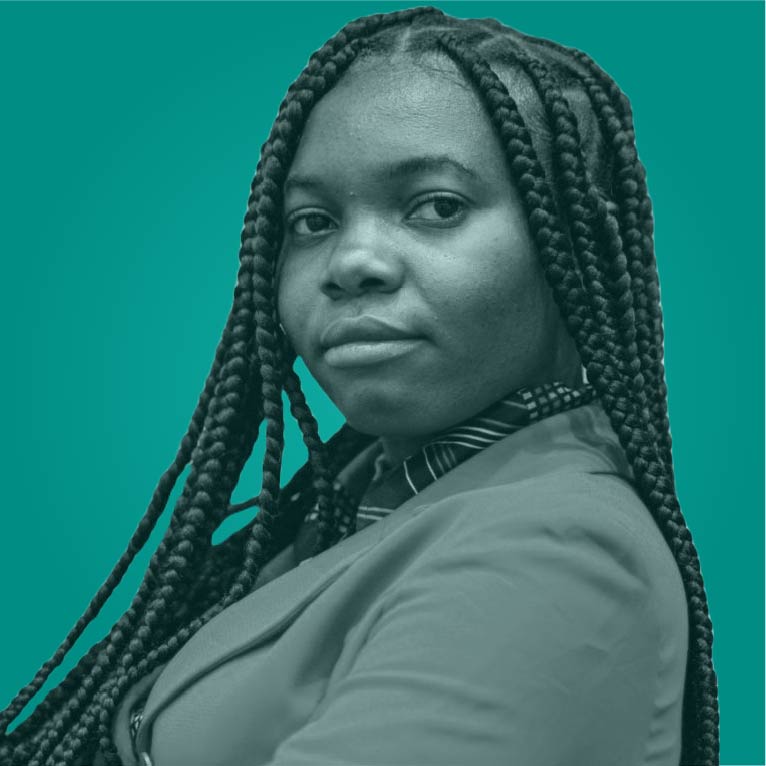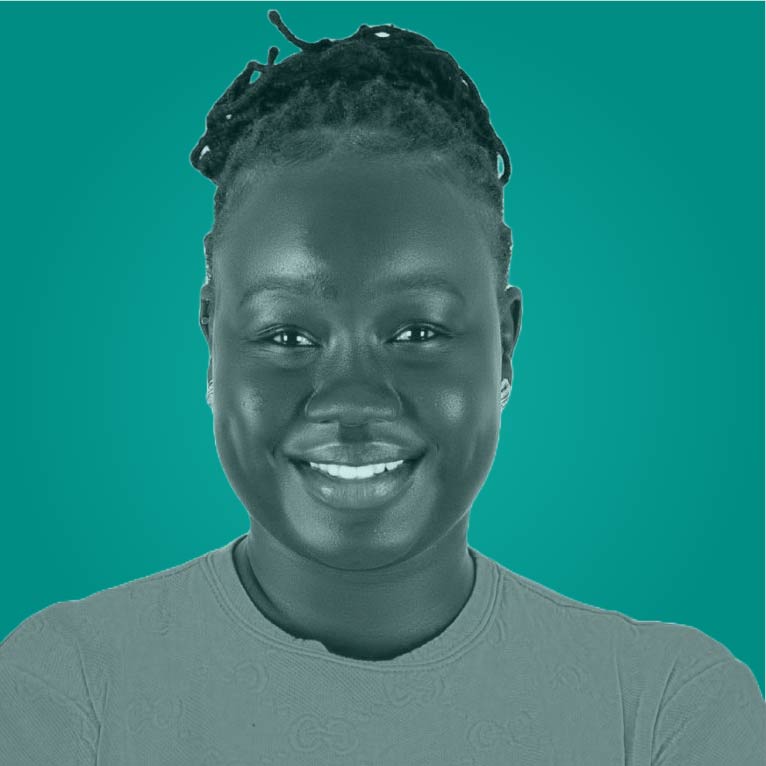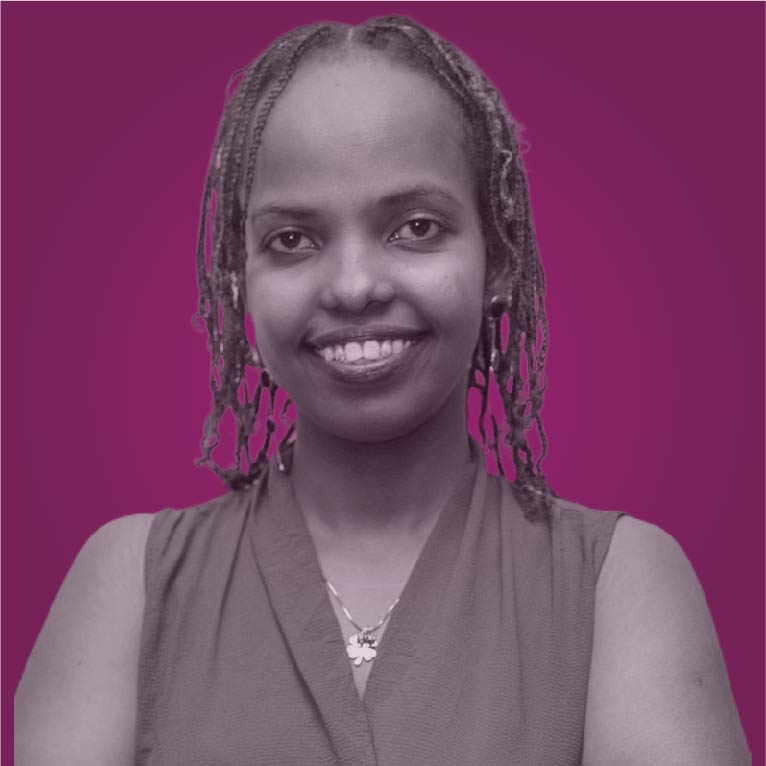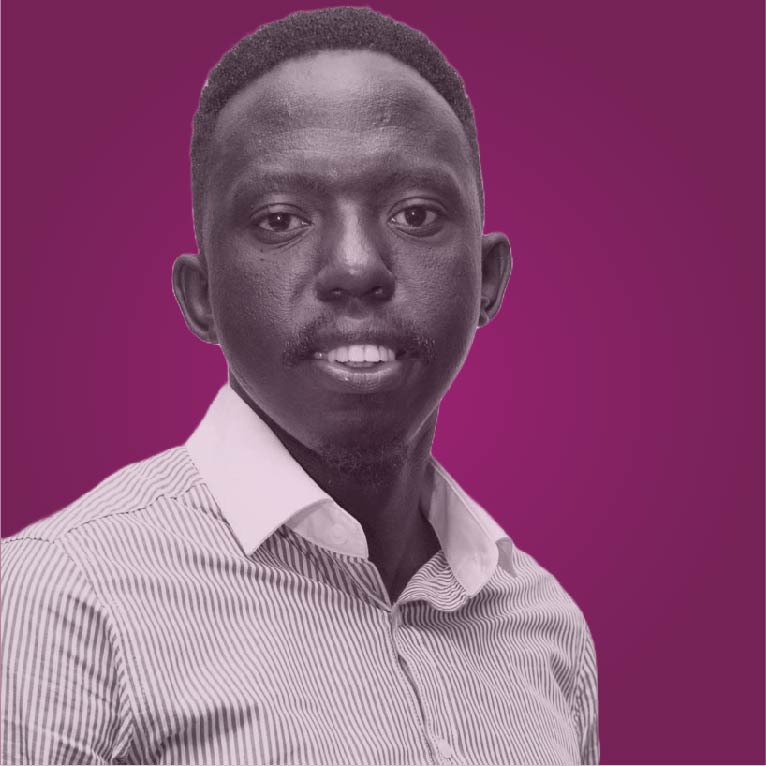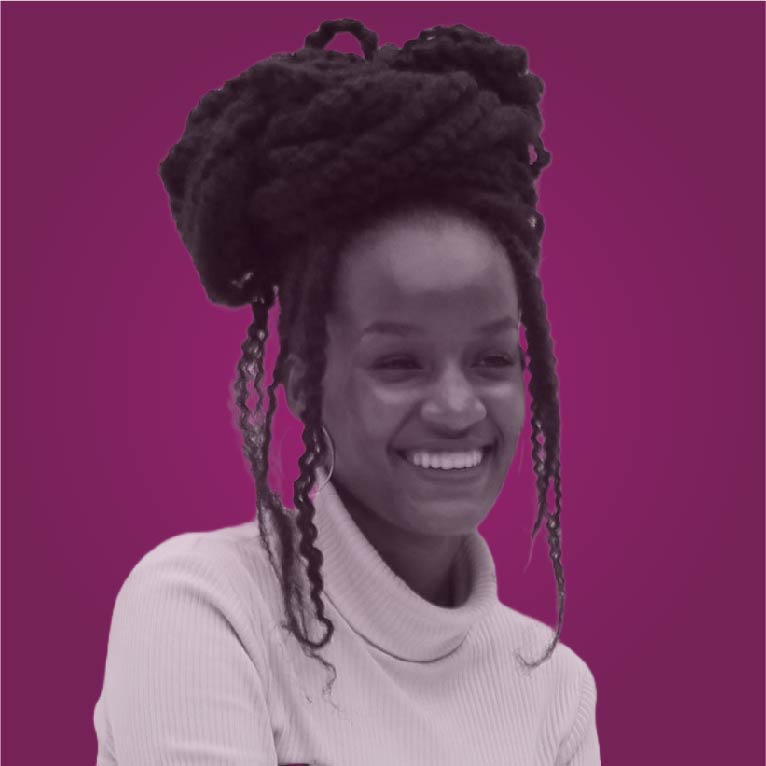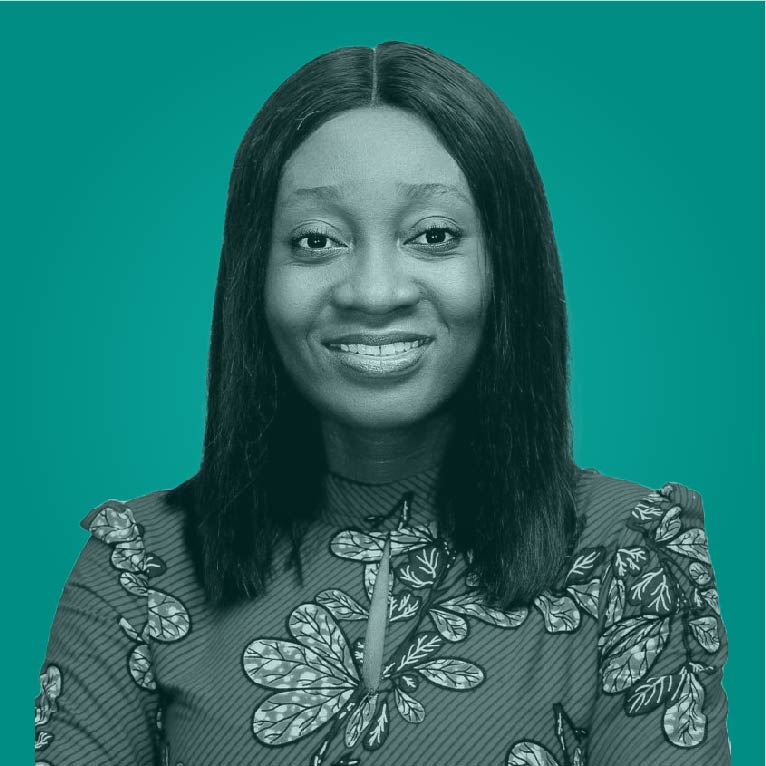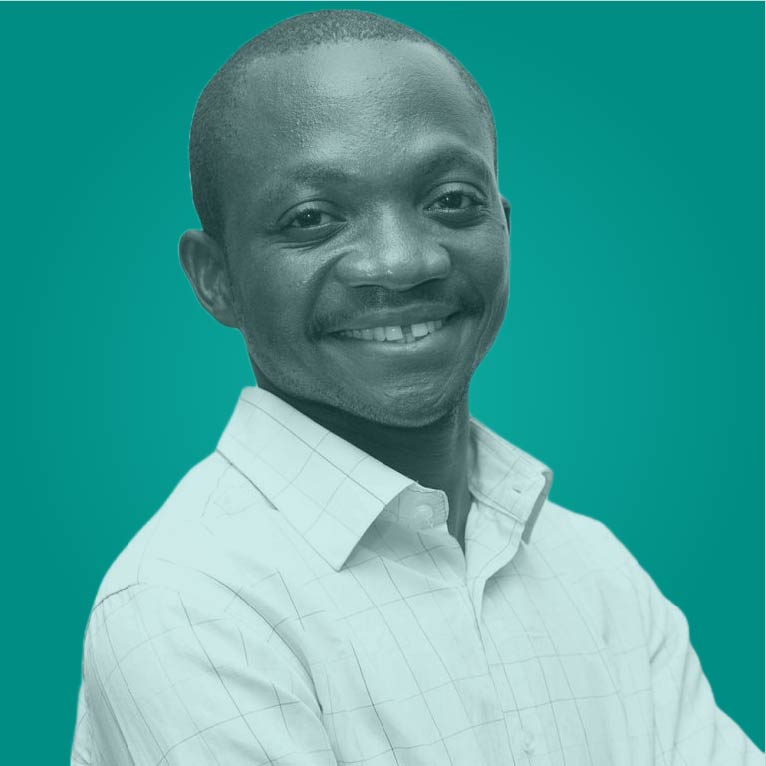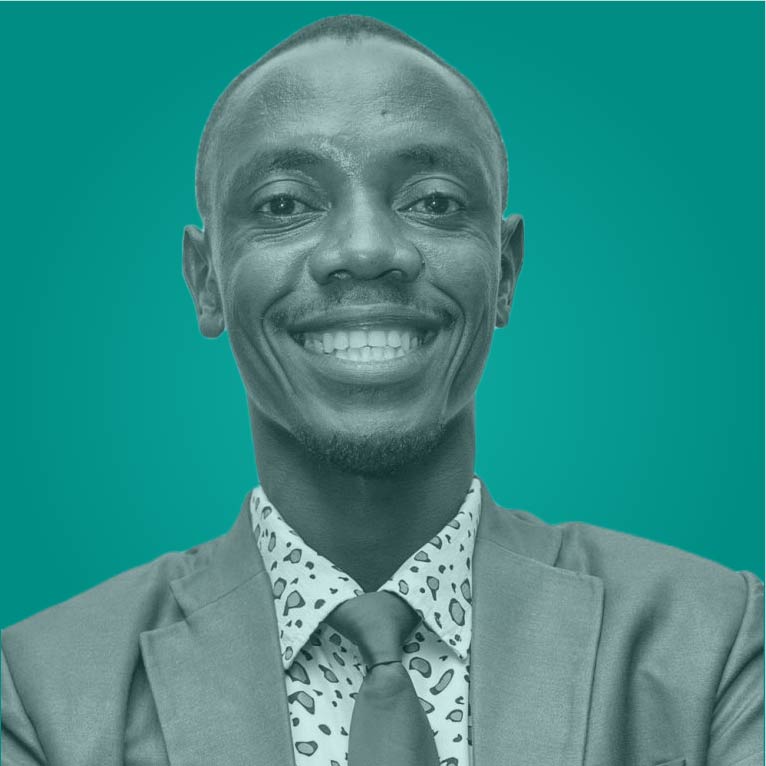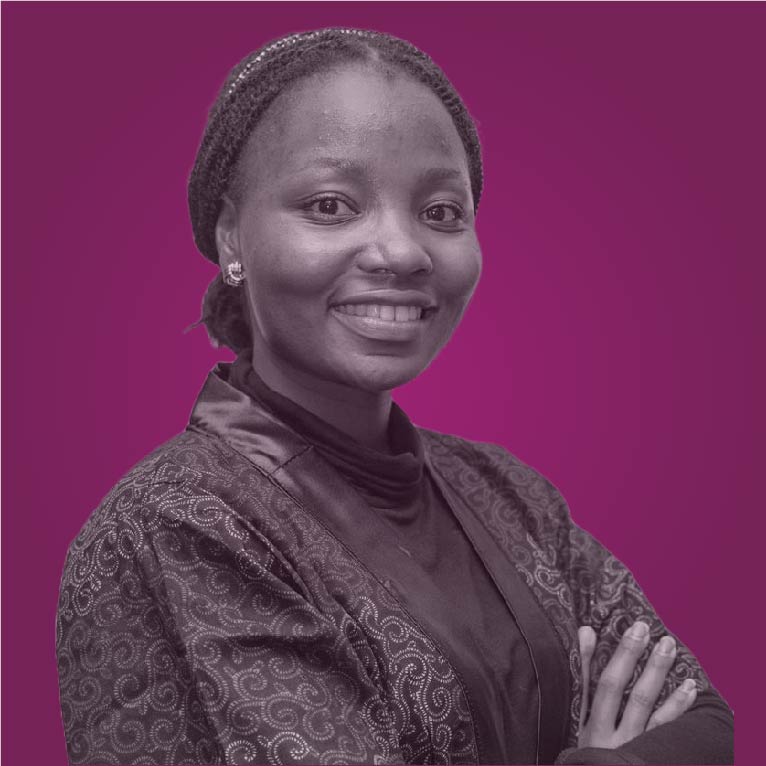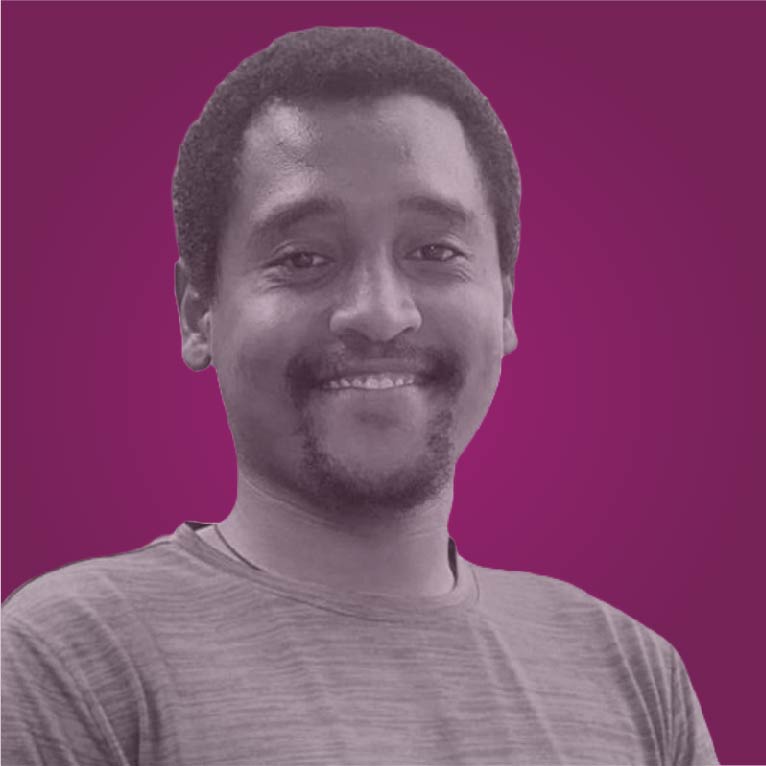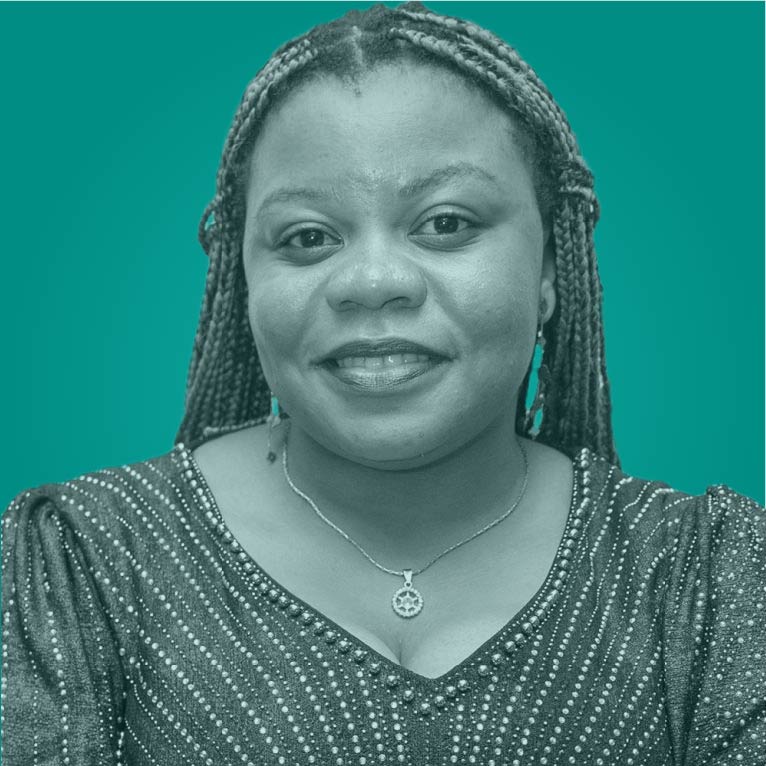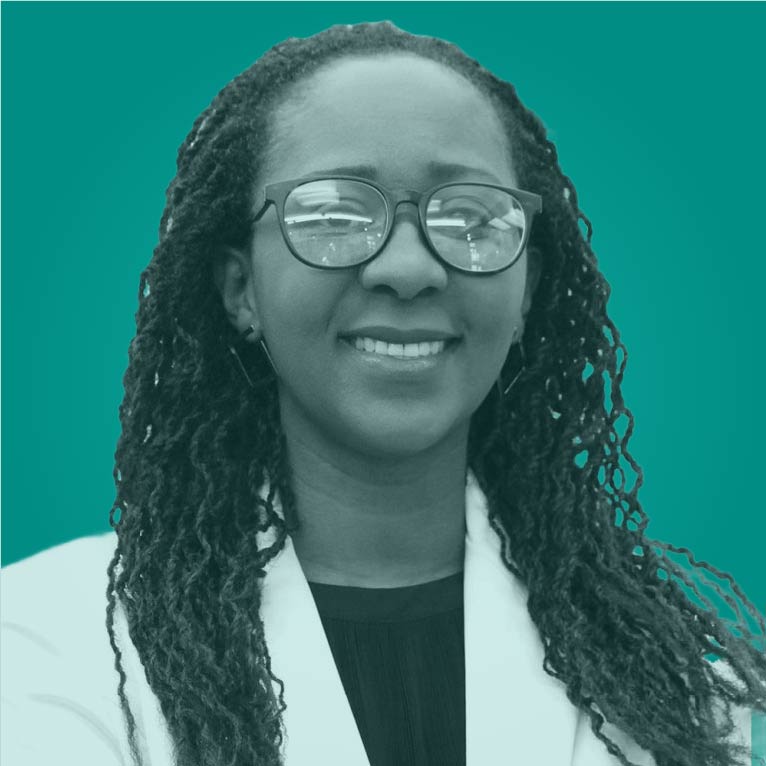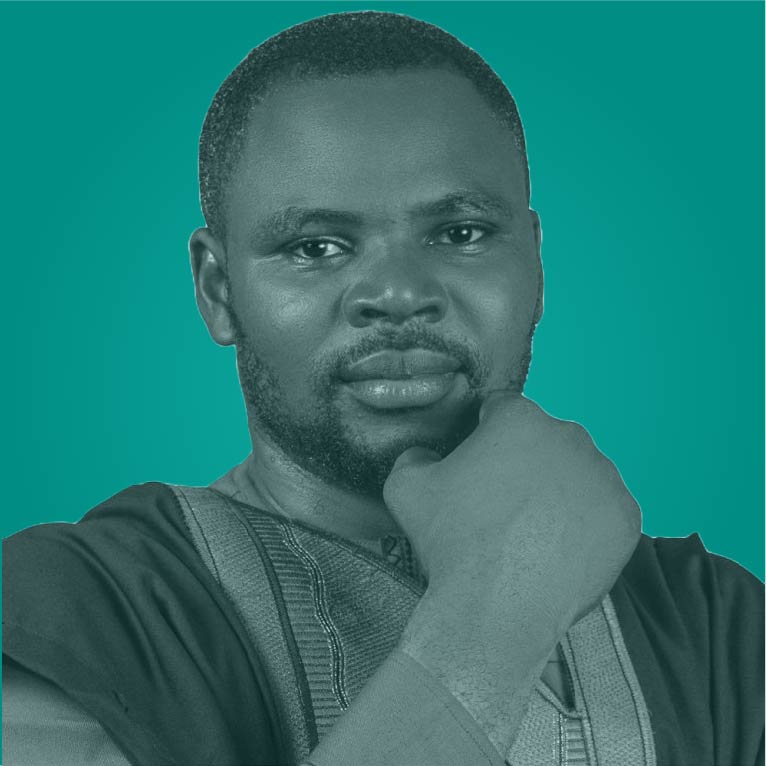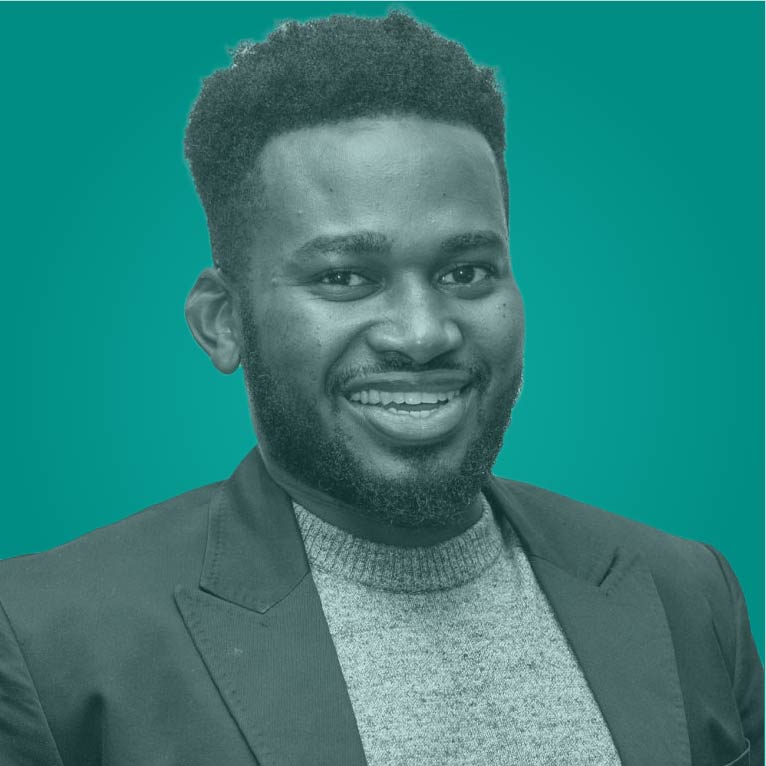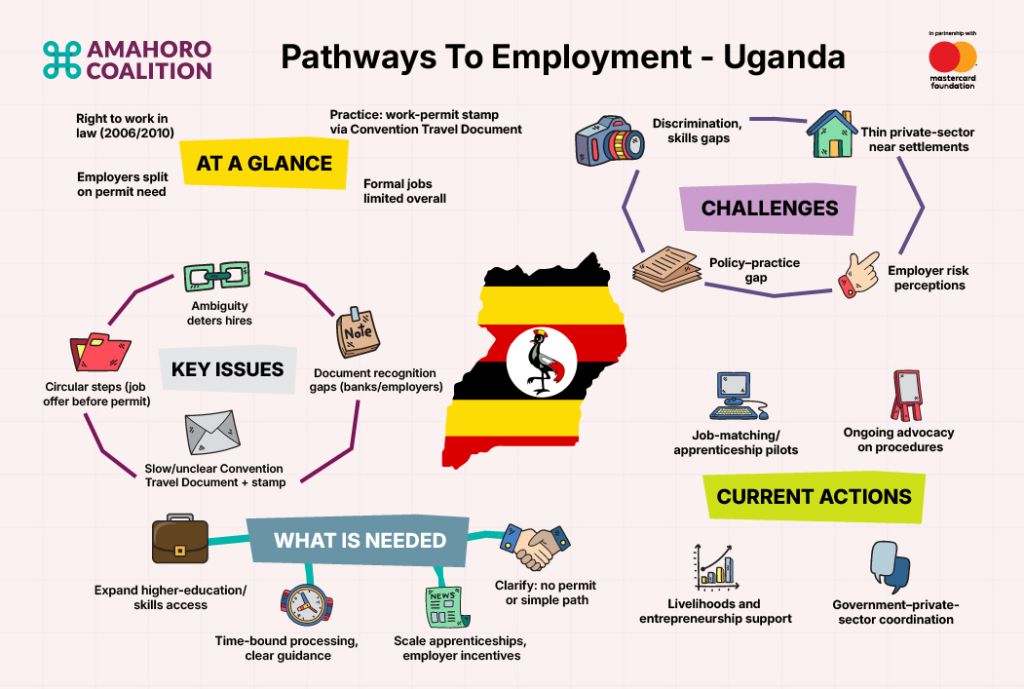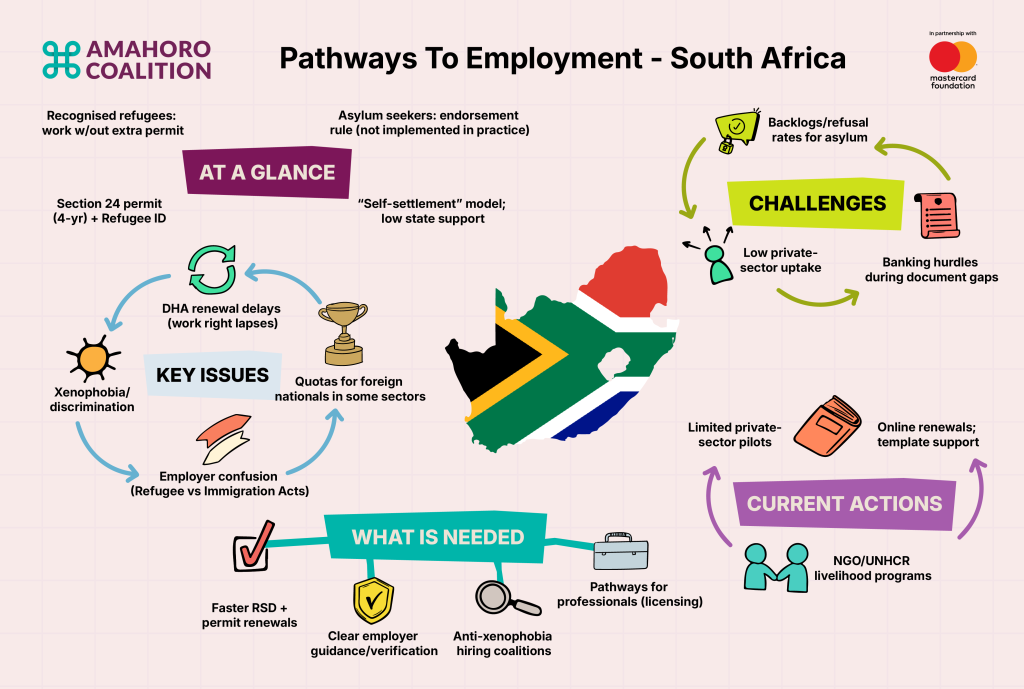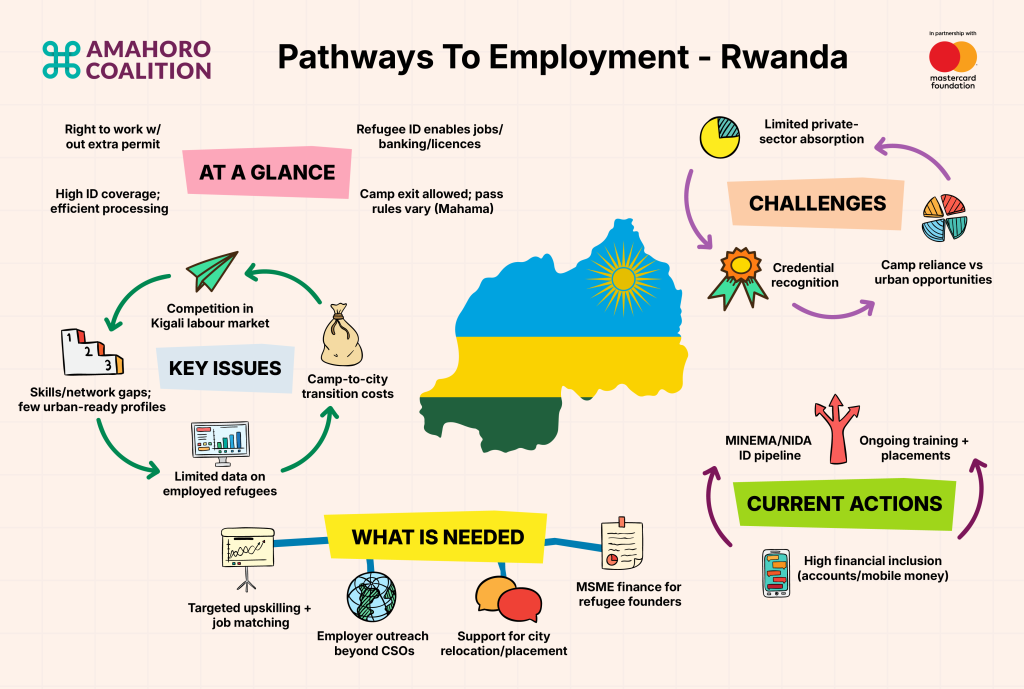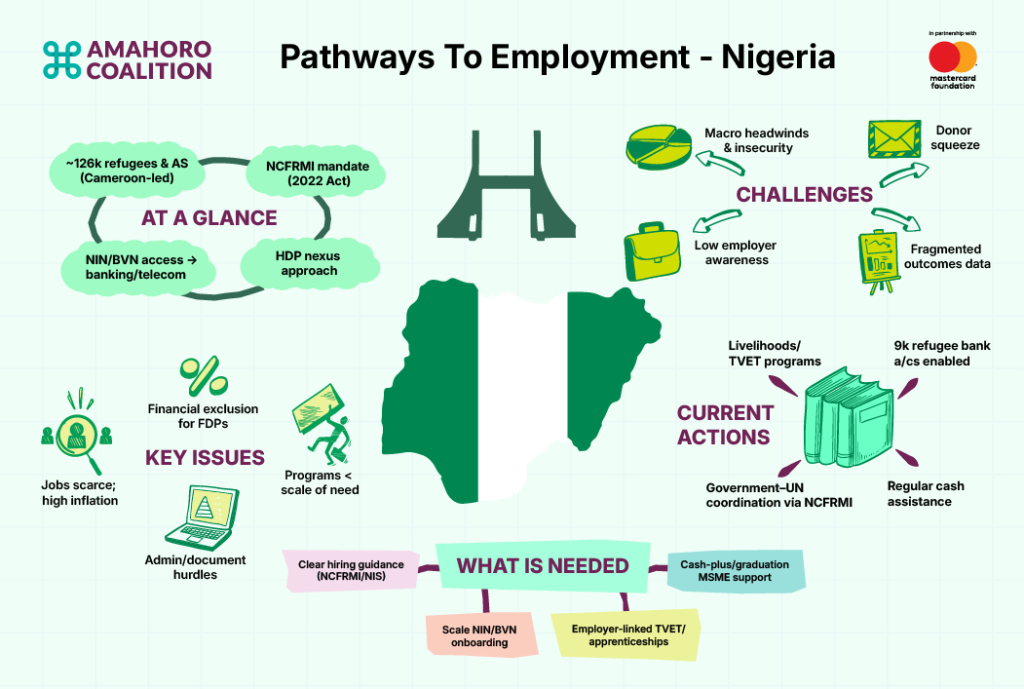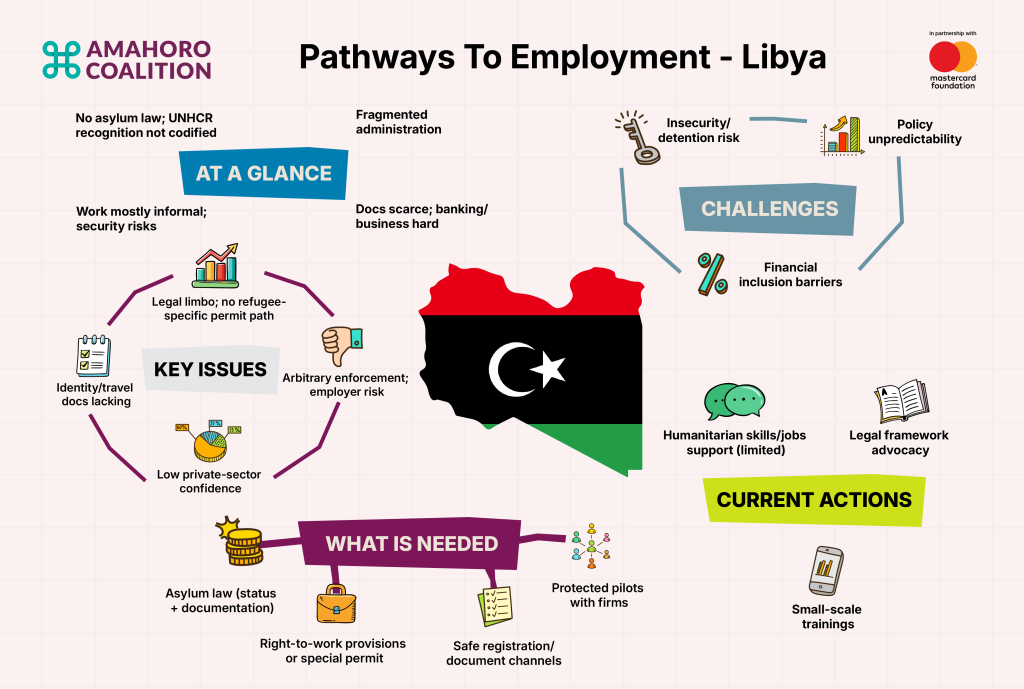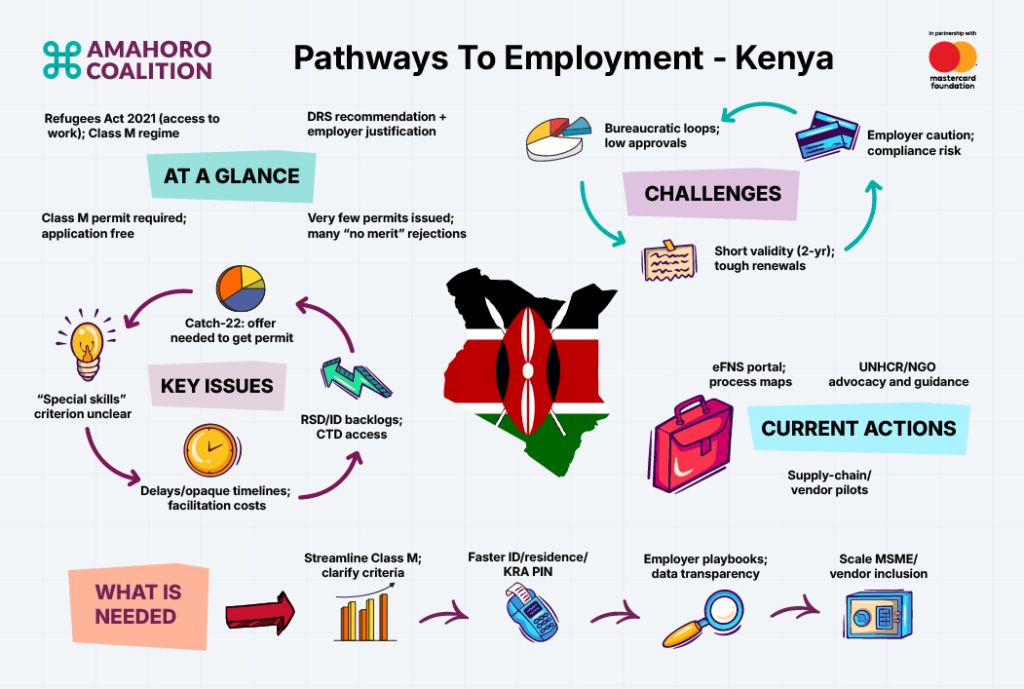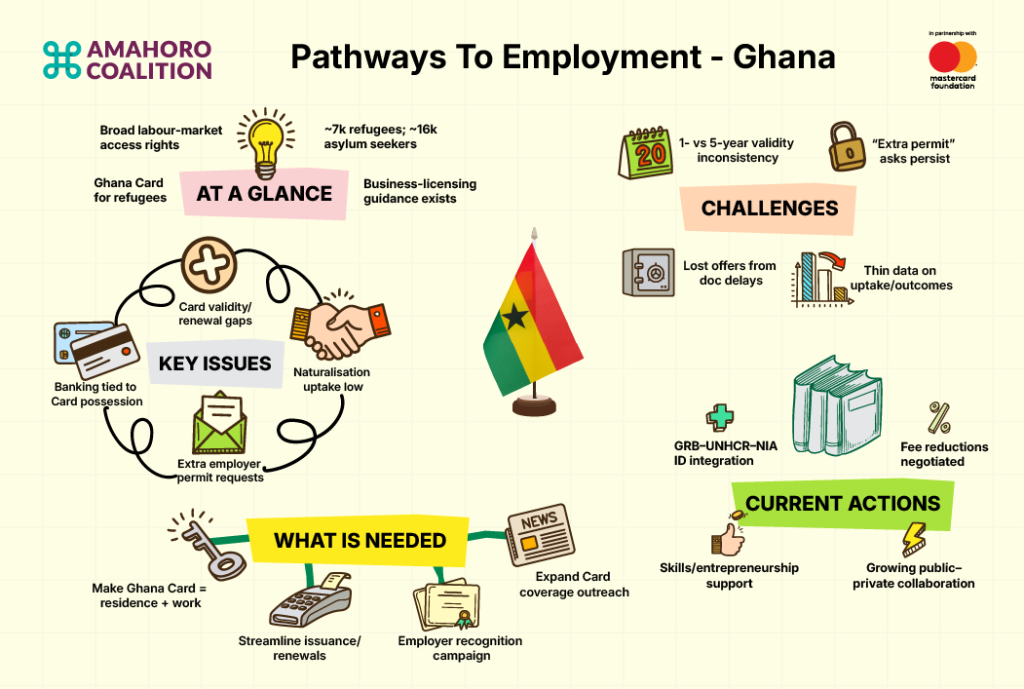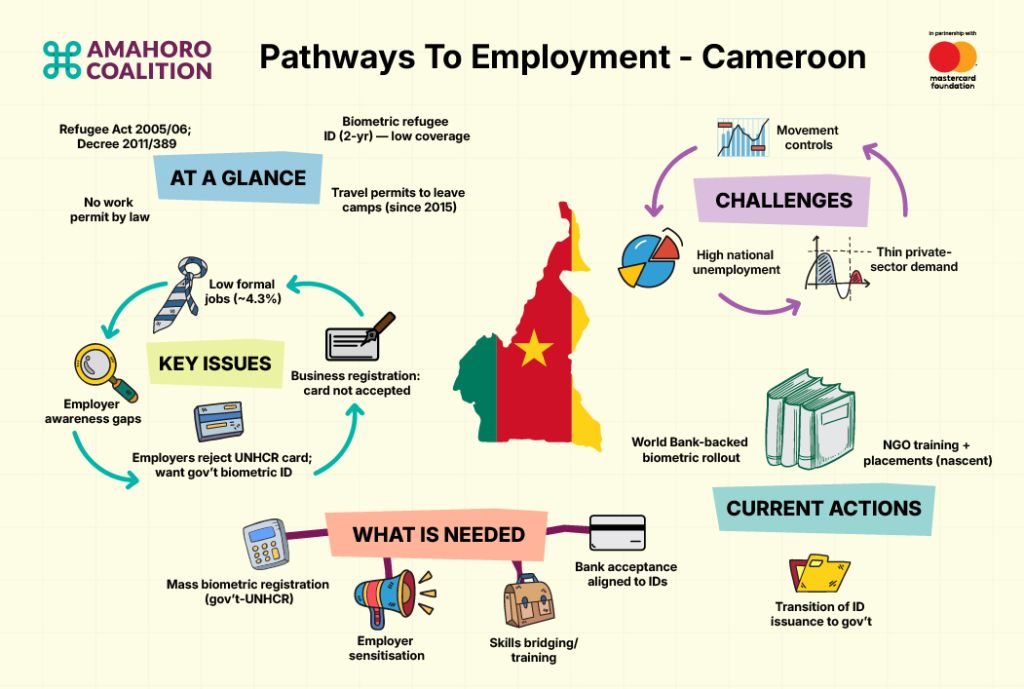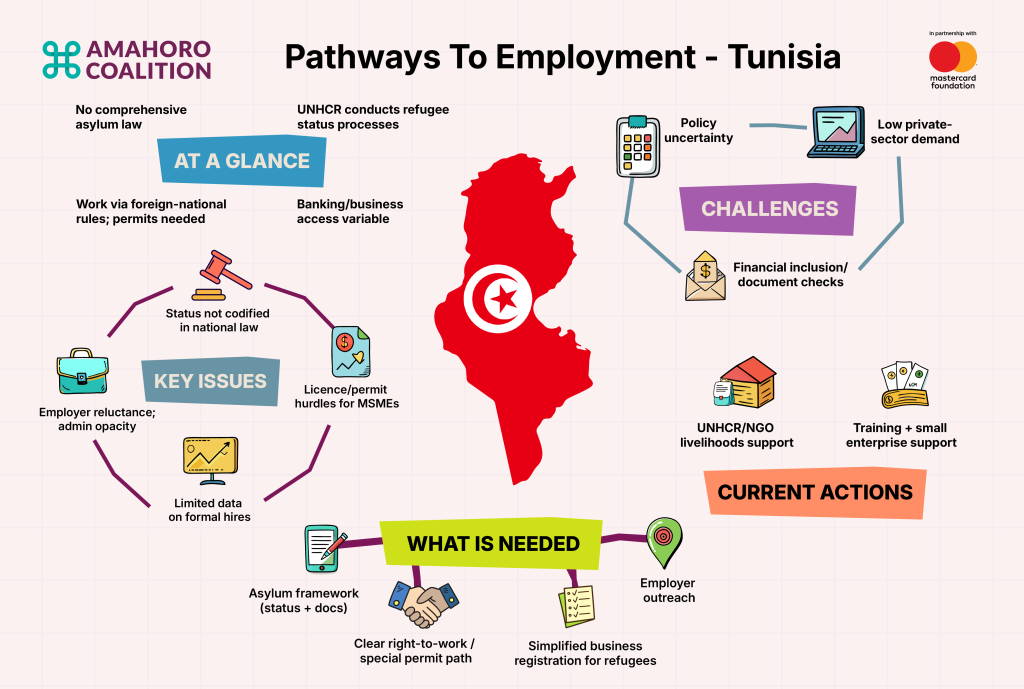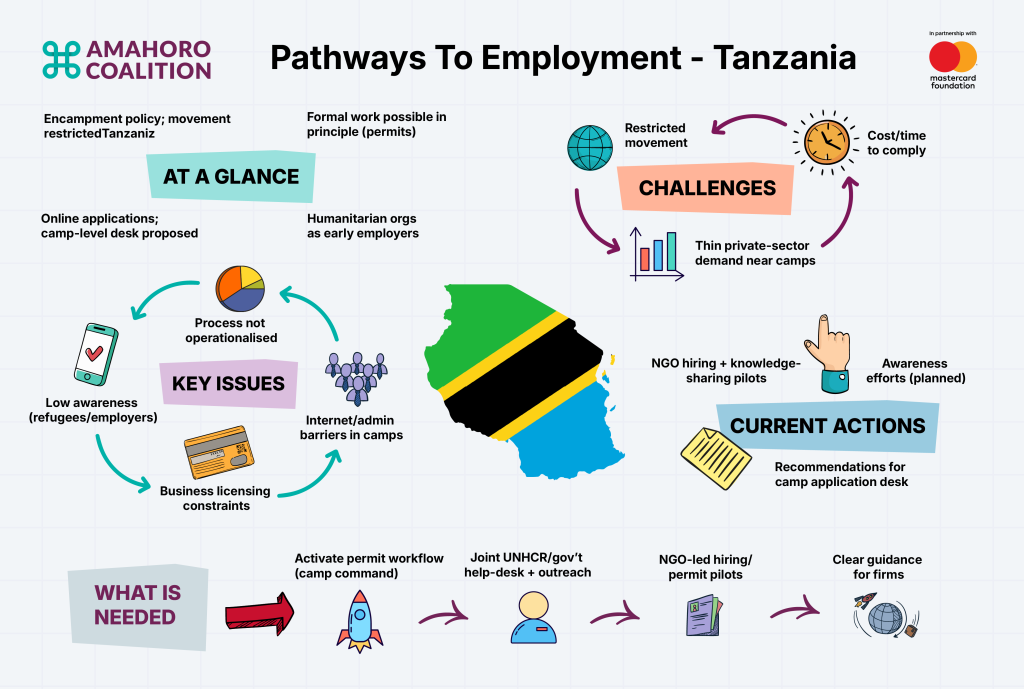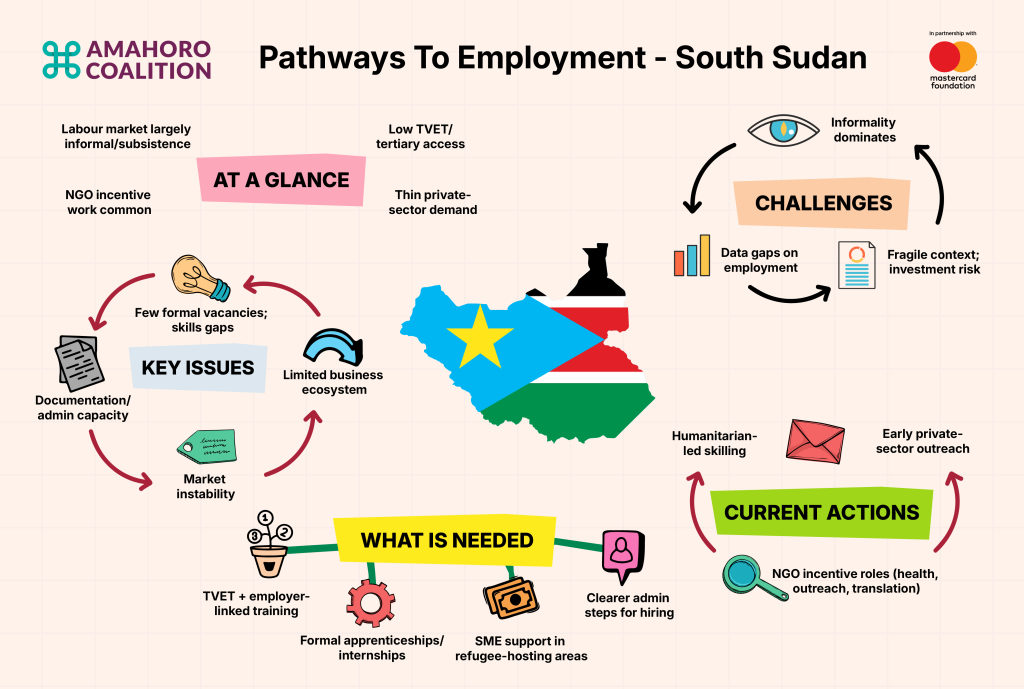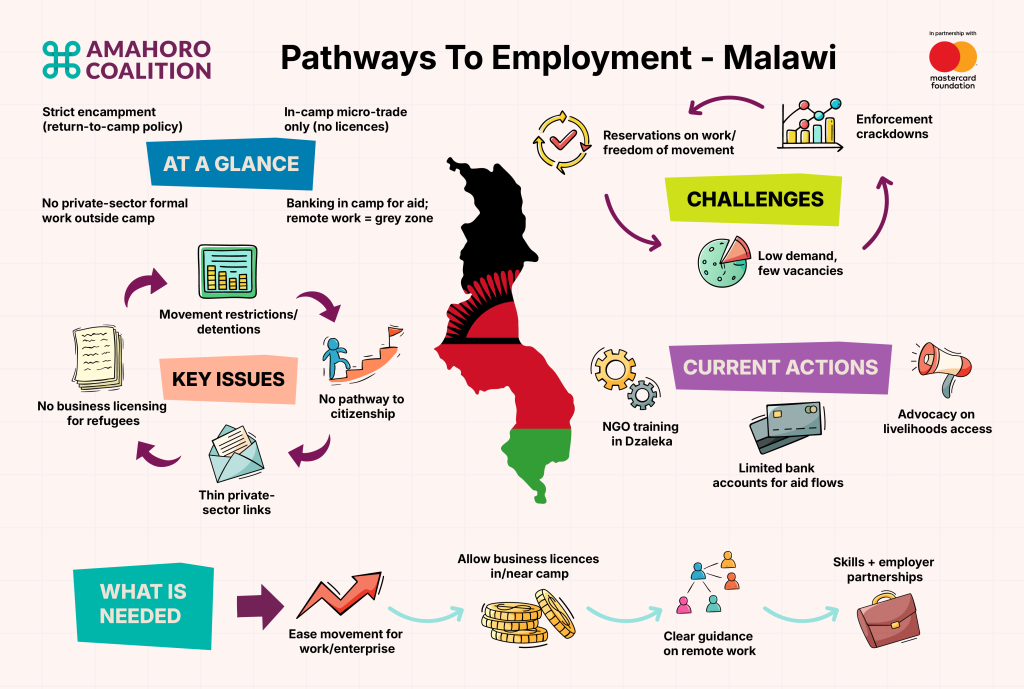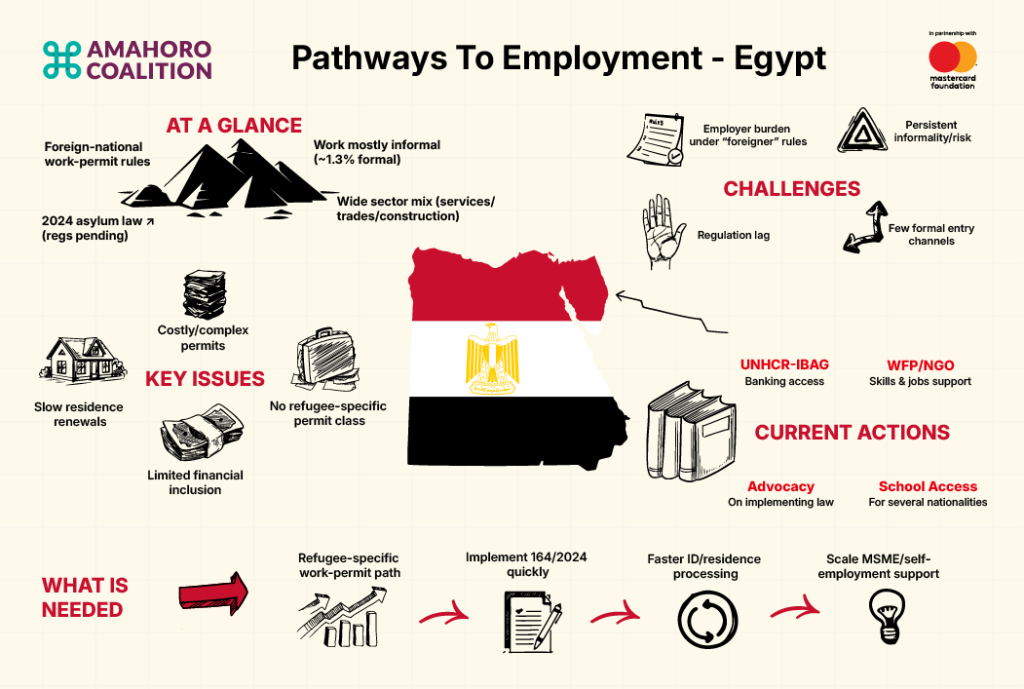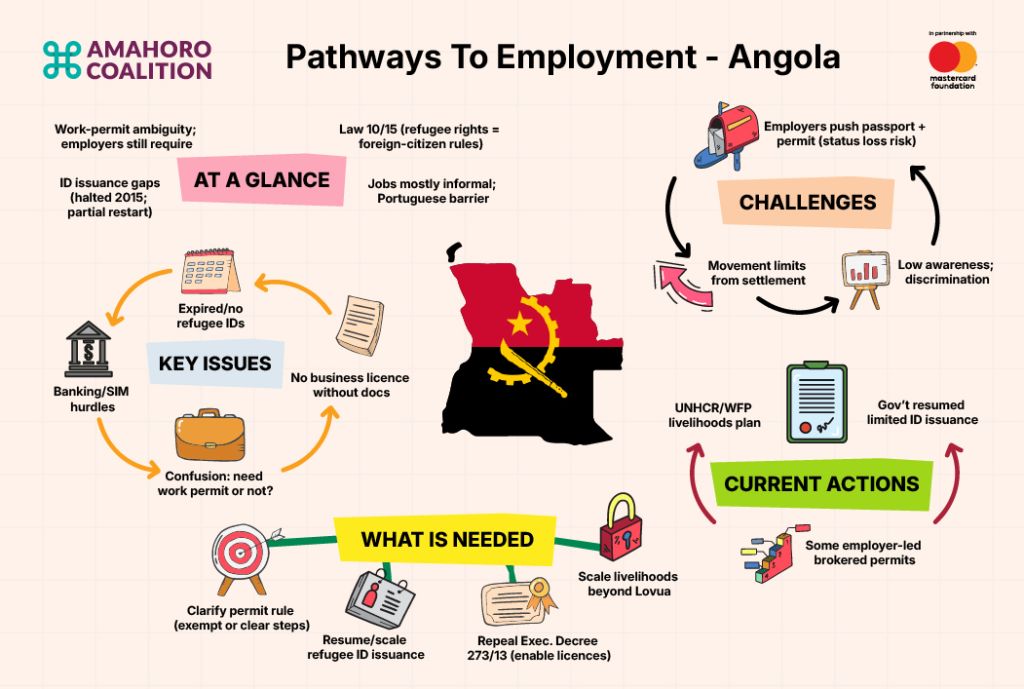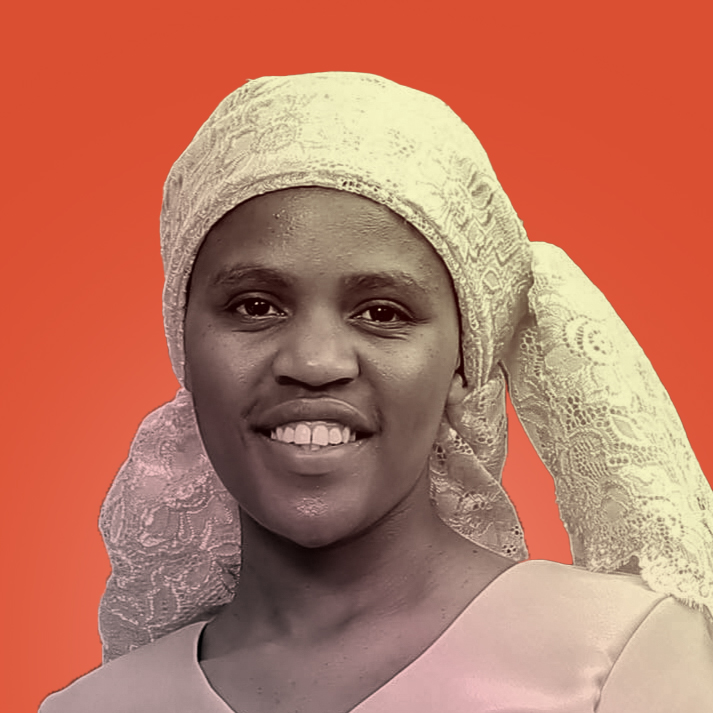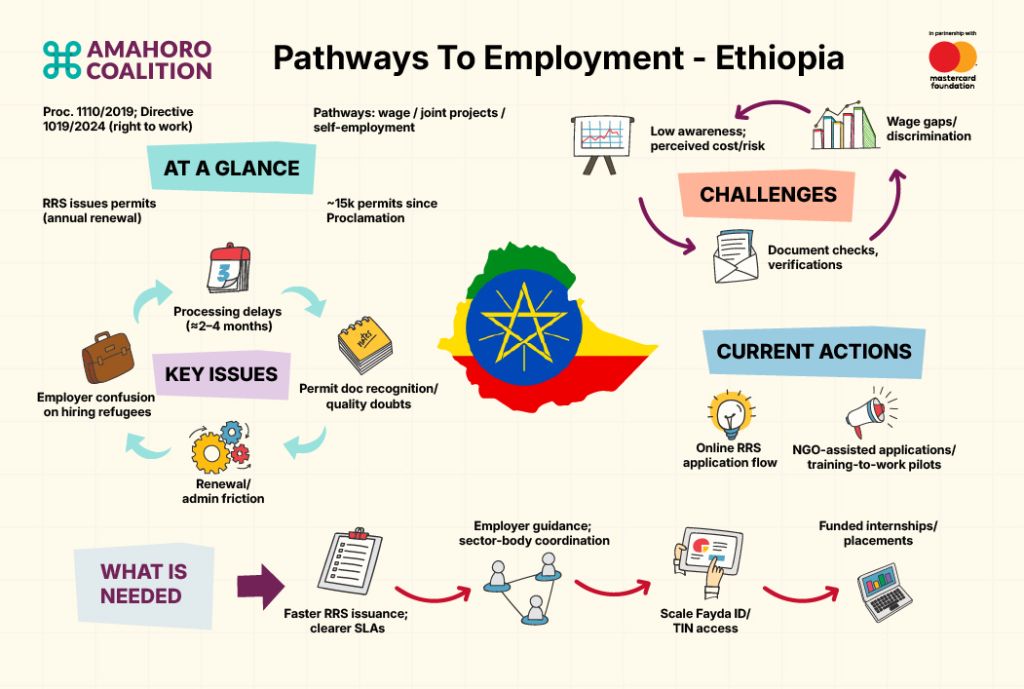
Tracy Yekaghe’s own experiences with displacement and period poverty sparked a mission to create sustainable solutions, transforming menstrual health from a monthly crisis into an opportunity for empowerment in Nigeria.
For years, Tracy Yekaghe watched a familiar cycle repeat itself in Nigeria’s Internally Displaced Persons (IDP) camps. Well-meaning donors would arrive with packages of sanitary pads, offering temporary relief to girls and women. But a question began to trouble her: what happens next month? “How can this be sustainable?” she asked herself, realizing that a system dependent on sporadic donations left people perpetually waiting for the next handout.
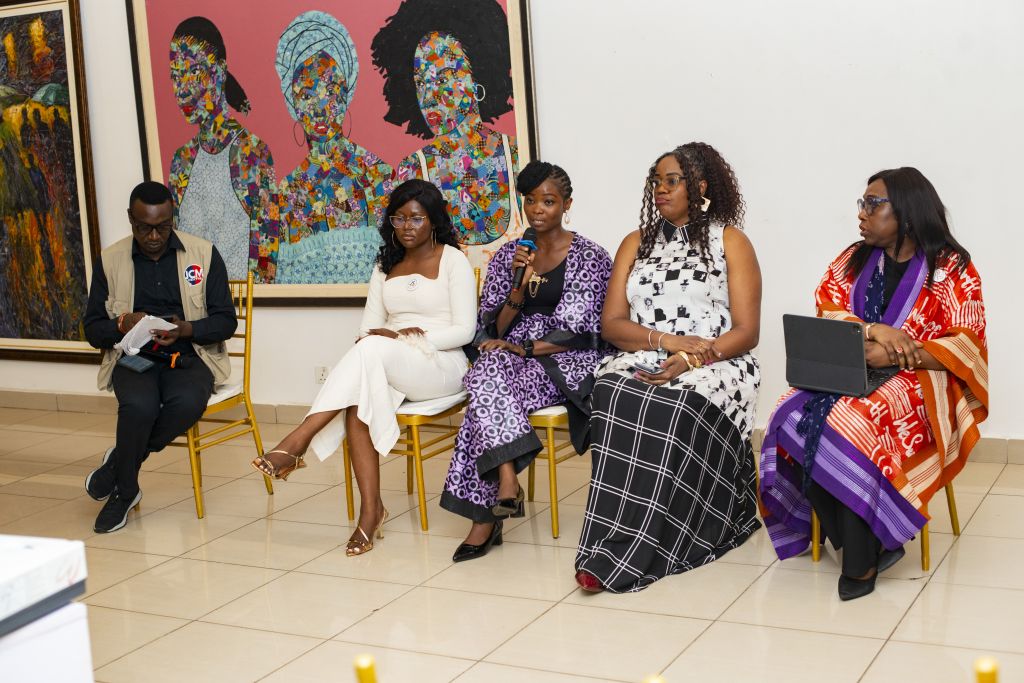
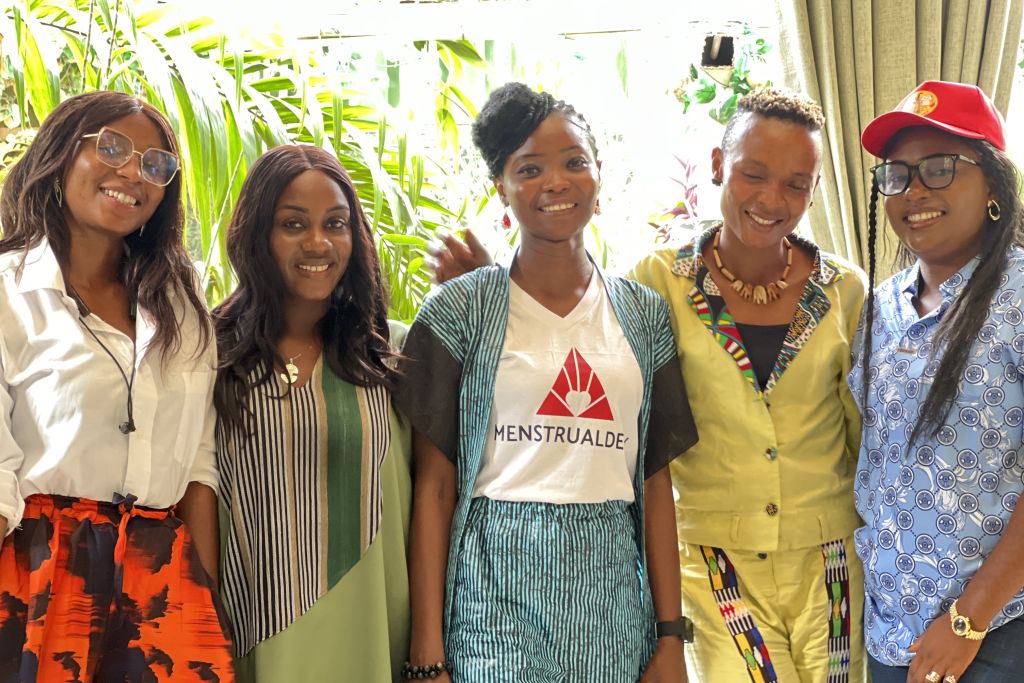
I felt like they needed it. I didn’t try to do any kind of assessments or research.
Tracy Yekaghe
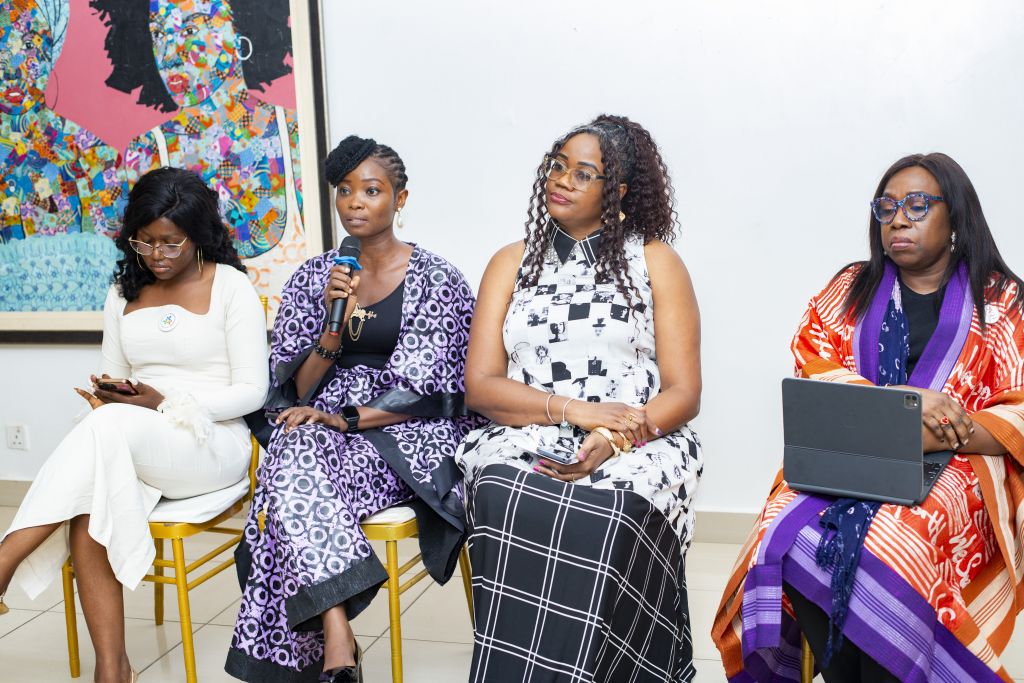
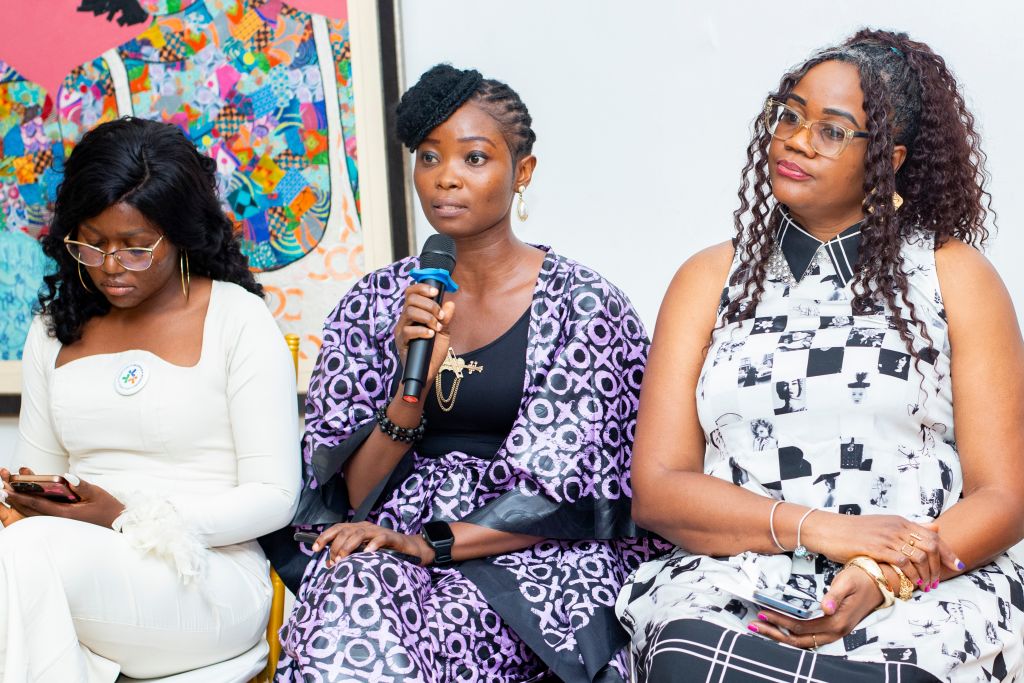
That single question shifted her life’s work. It transformed her from a volunteer into an innovator, moving beyond simple charity to build systems that restore dignity and create opportunity. Today, she is the founder of MenstrualDemy , an education technology platform that doesn’t just give women a product, but equips them with the knowledge and skills to develop their own menstrual health solutions.
Tracy’s empathy is rooted in experience. In 2001, she and her family were temporarily forced to flee their home during an ethno-religious crisis. “You had to be ready to keep running,” she recalls of the constant fear. Years later, in 2015, she began volunteering for a health organization, which took her into IDP camps. There, she saw her own past reflected in the faces of others and was confronted by the “poor menstrual hygiene conditions that they faced”.
The mission became deeply personal. Tracy admits that while growing up, she couldn’t always afford period products herself. This shared struggle fueled her determination to find a better way. The answer wasn’t just more donations, but a tangible, long-term solution: eco-friendly, reusable menstrual pads.
Initially, Tracy launched a brand of reusable pads called “Just Relax” in 2020, later collaborating with another initiative, “Sana pads”. Through these projects, her work has helped provide over 5,000 reusable menstrual pads to women and girls, including those in displaced communities. But as she worked, she realized the problem was deeper than just access to products. There was a profound “knowledge gap” and, as the menstrual health sector grew, a “skill gap” as well.
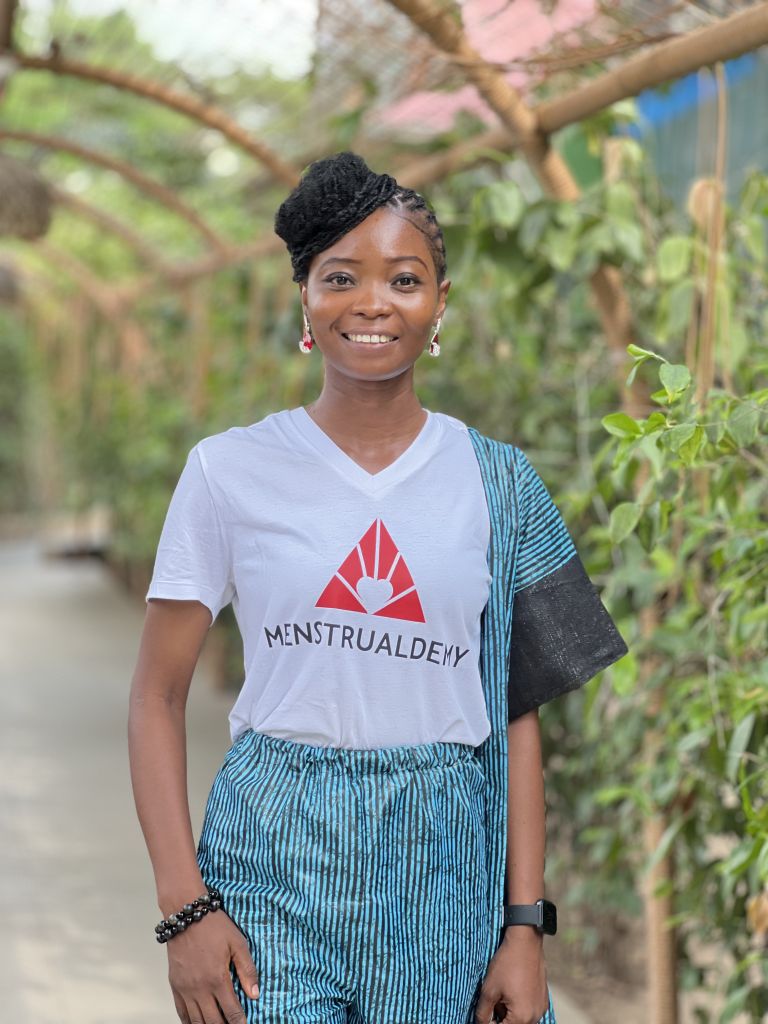
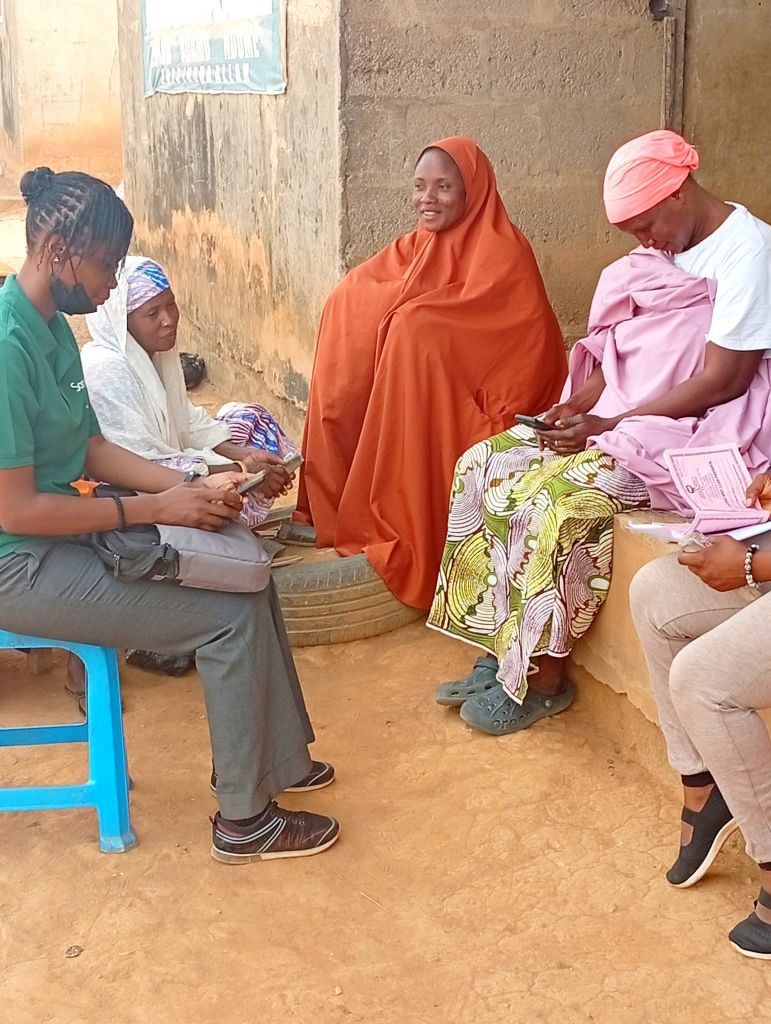
The platform aims to teach young girls to create products and services that support menstruation for their well-being and to improve the income of our students.
Tracy Yekaghe
This insight led to the creation of her latest venture, MenstrualDemy. Launched in May 2025, it’s an online platform designed to close those gaps. “The platform aims to teach young girls to create products and services that support menstruation for their well-being and to improve the income of our students,” Tracy explains. Since its launch, MenstrualDemy has already provided menstrual literacy to 180 people and equipped 15 women through its certificate program.
The transition to this more ambitious model was profoundly shaped by the Amahoro Fellowship. Tracy credits the program with transforming her leadership style, particularly through lessons on emotional intelligence and human-centered design. She admits her early work was based on assumptions. “I felt like they needed it. I didn’t try to do any kind of assessments or research,” she says. The fellowship taught her to stop imposing solutions and start co-creating them with the communities she serves.
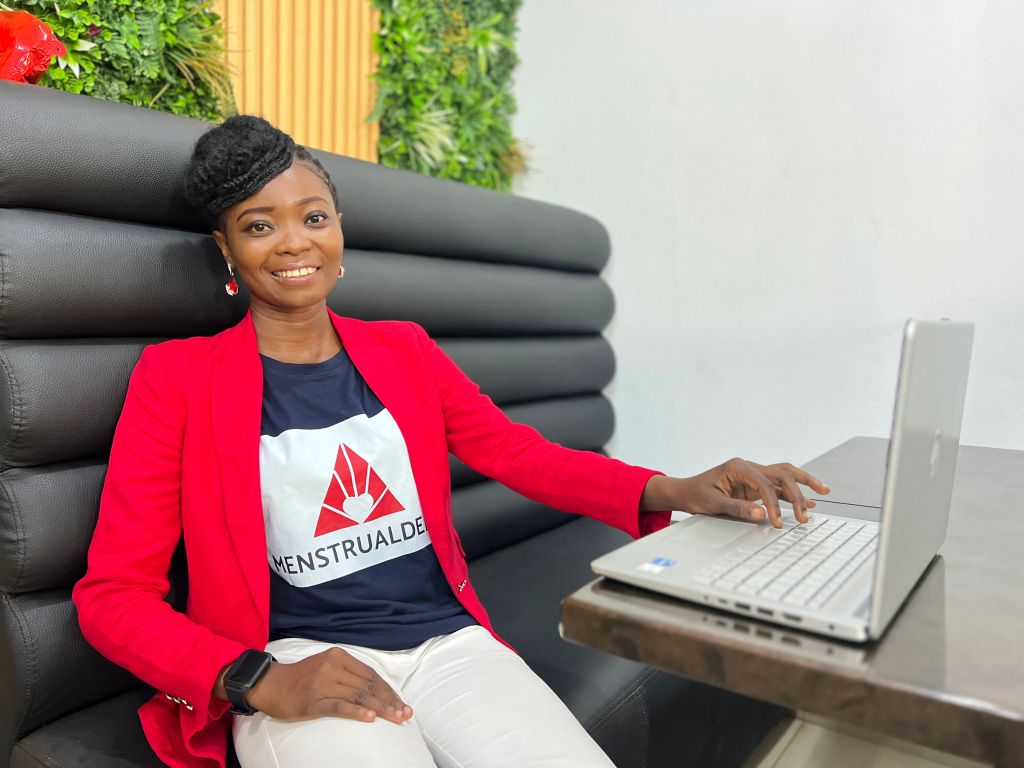
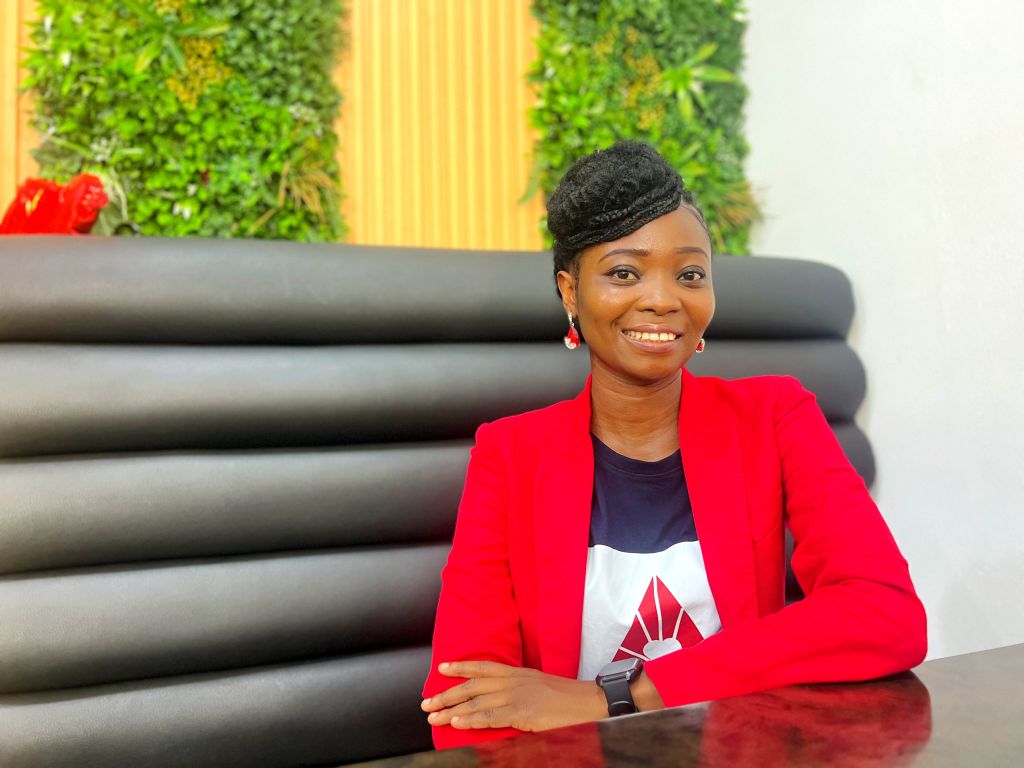
This work has taught her a profound lesson: “The dignity of many women and girls is very fragile”. She has learned that menstruation, a natural process, has become a “battle” for many who have not been taught to see it as a source of dignity. With the right knowledge, however, she has seen women become empowered, changing how they view their own bodies.
Looking ahead, Tracy’s vision is bold. She aims for MenstrualDemy to empower 1 million girls and women with the tools to become leaders in menstrual health in their own communities, dismantling stigma and driving economic development from the ground up.


